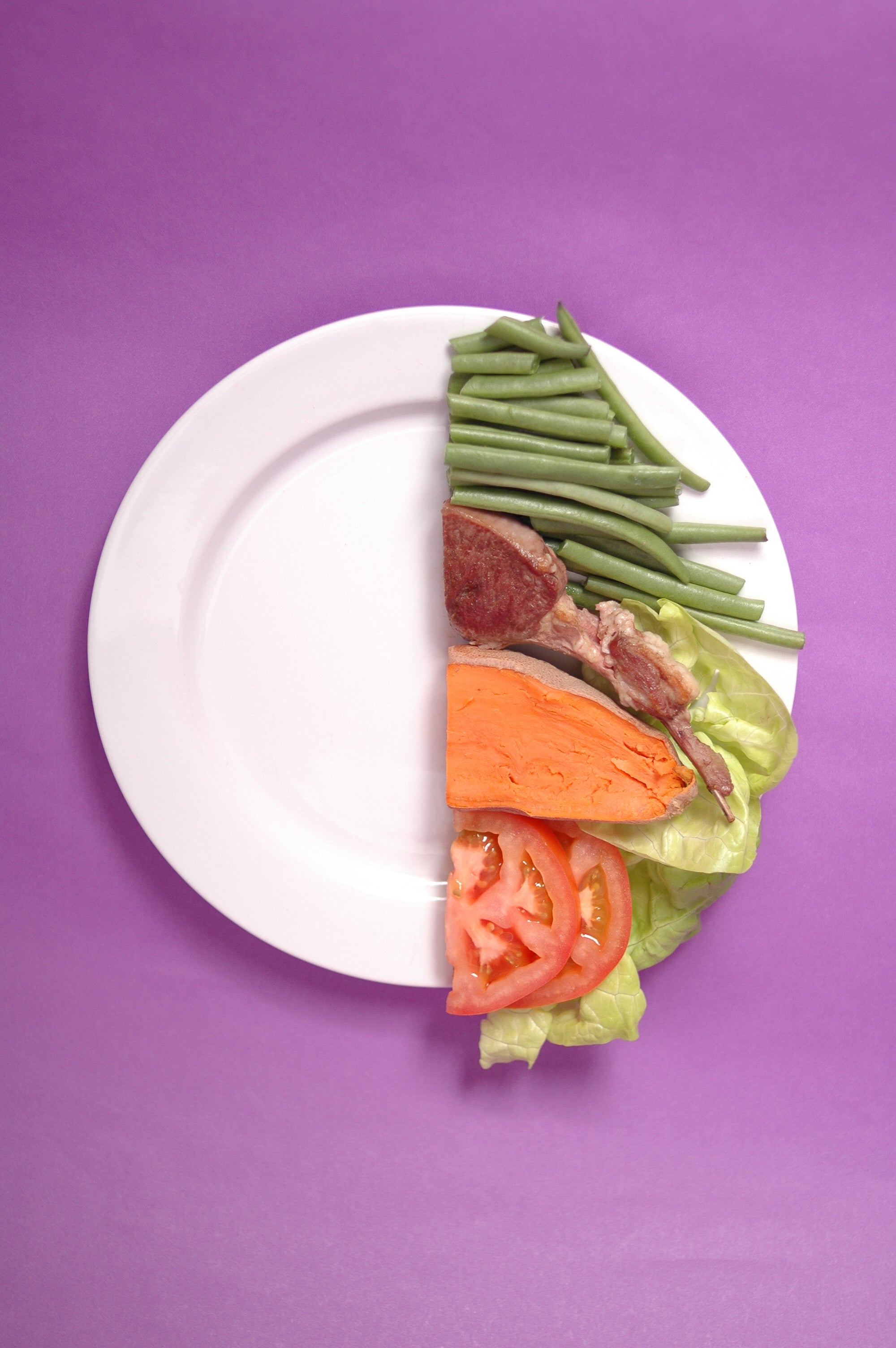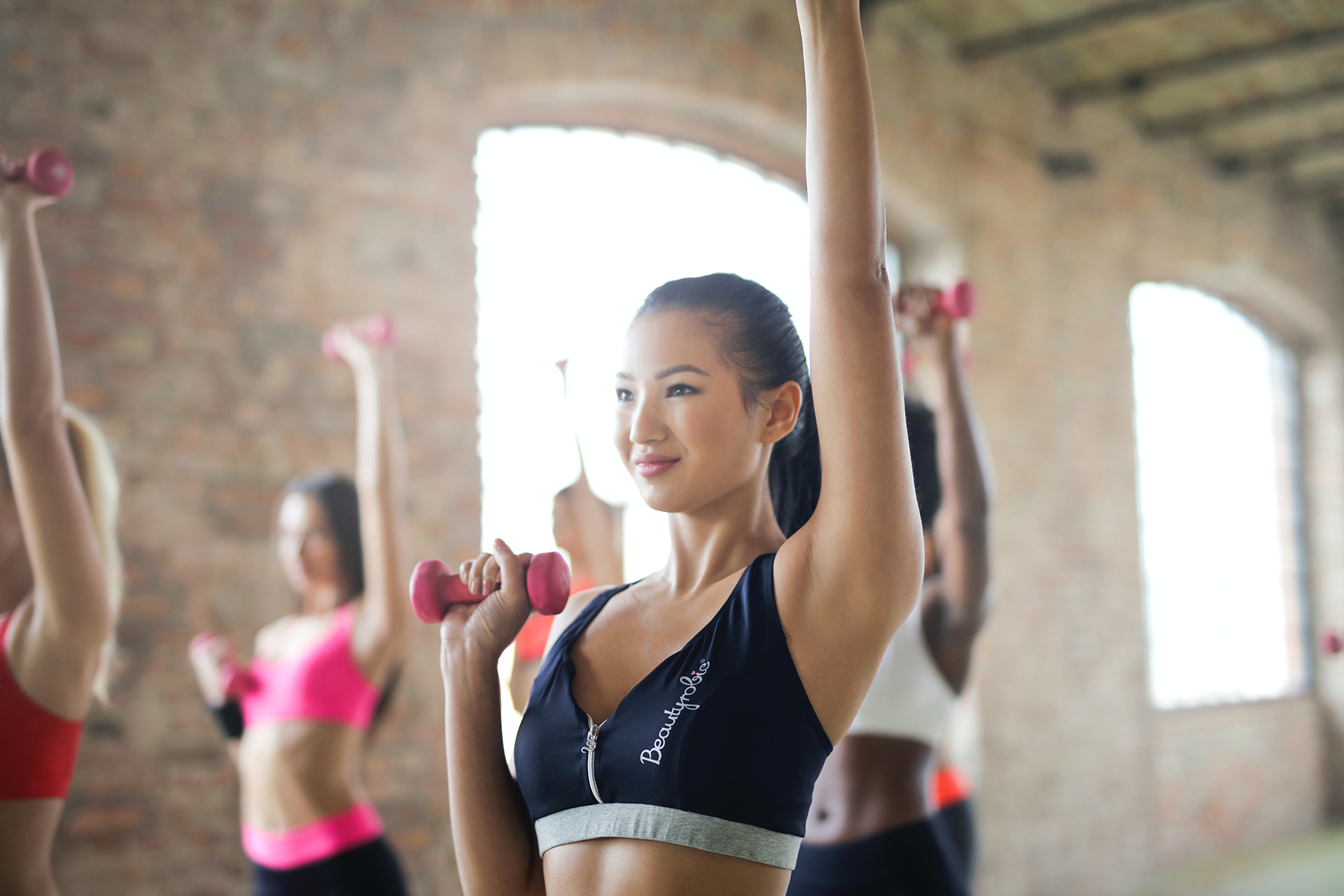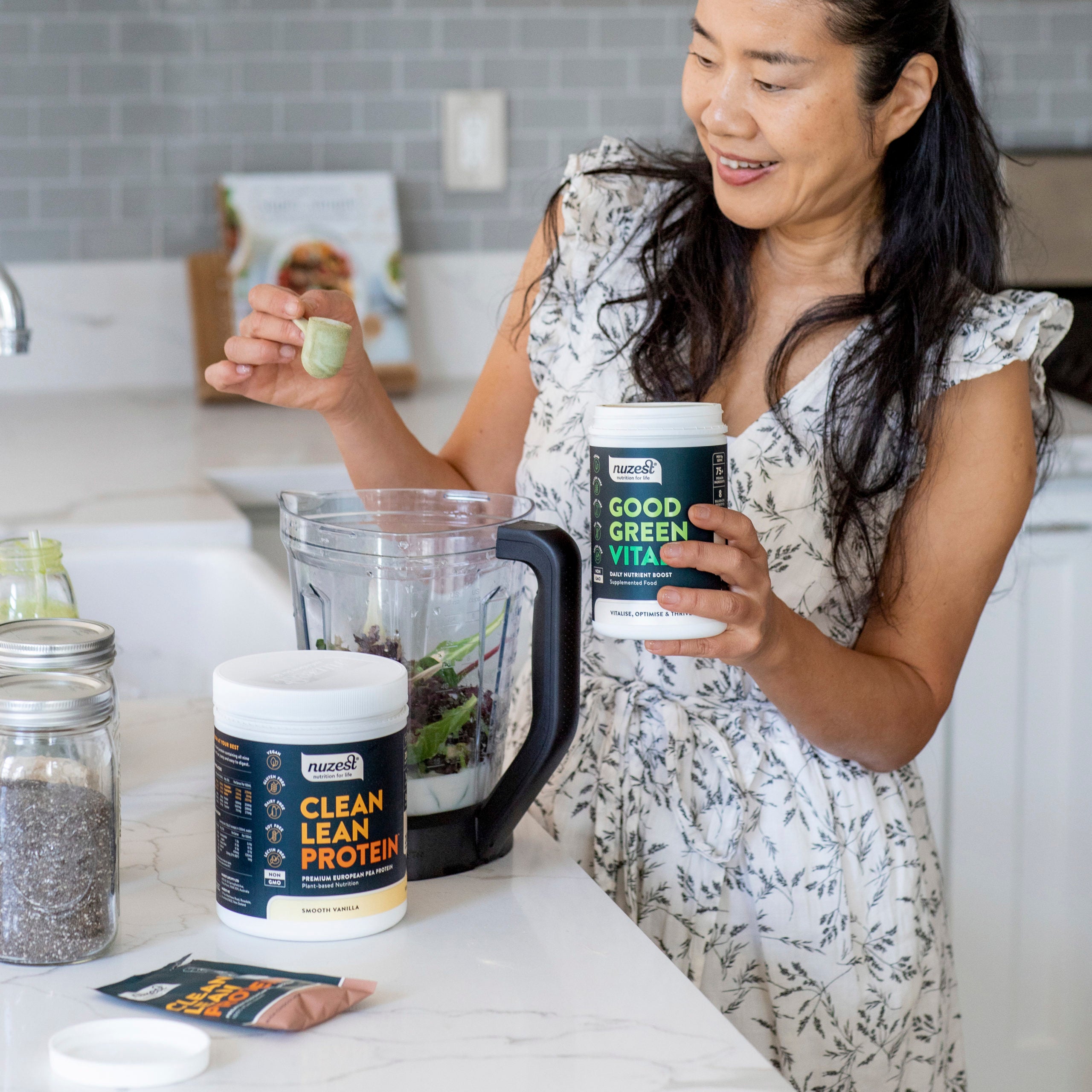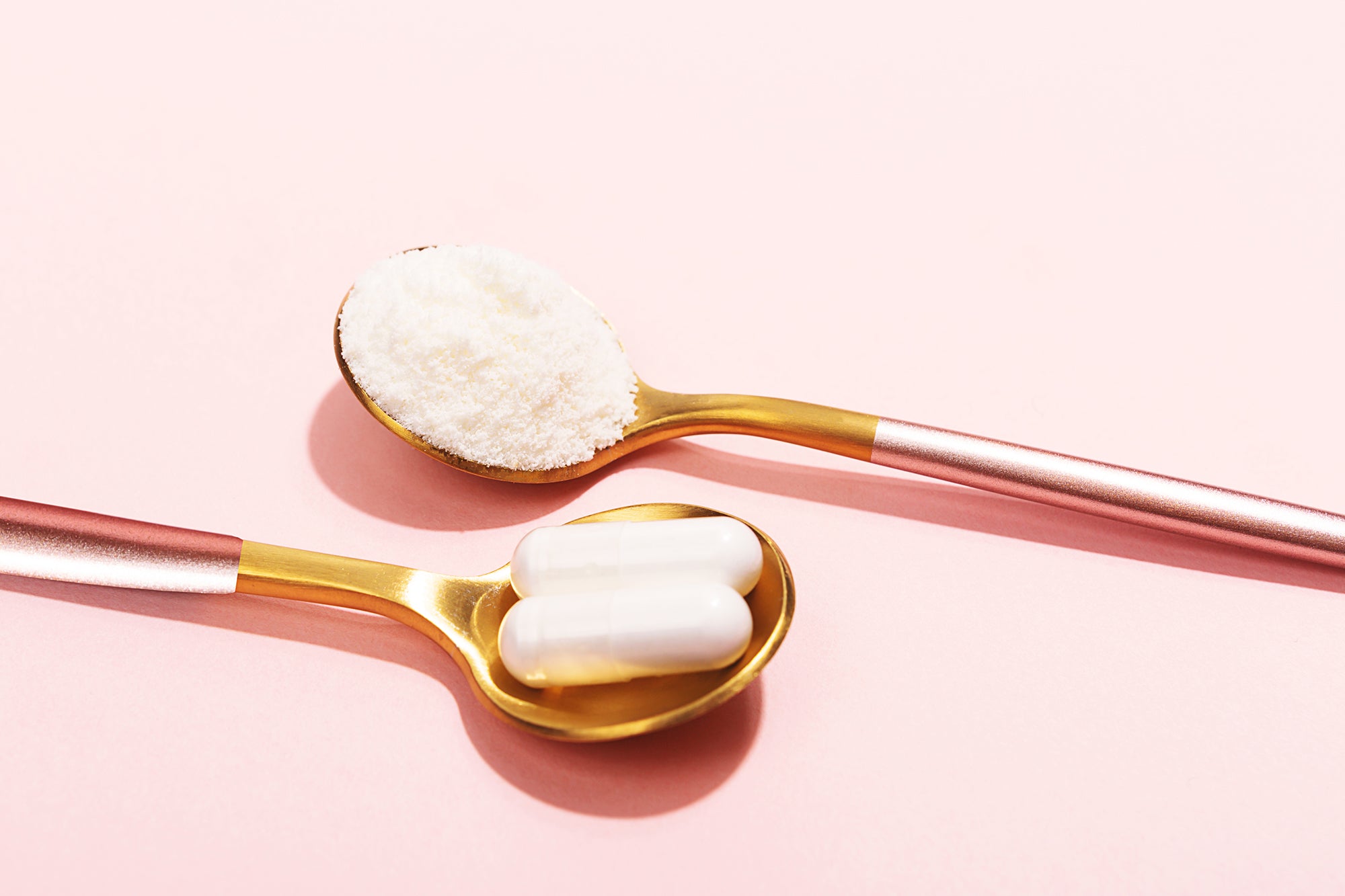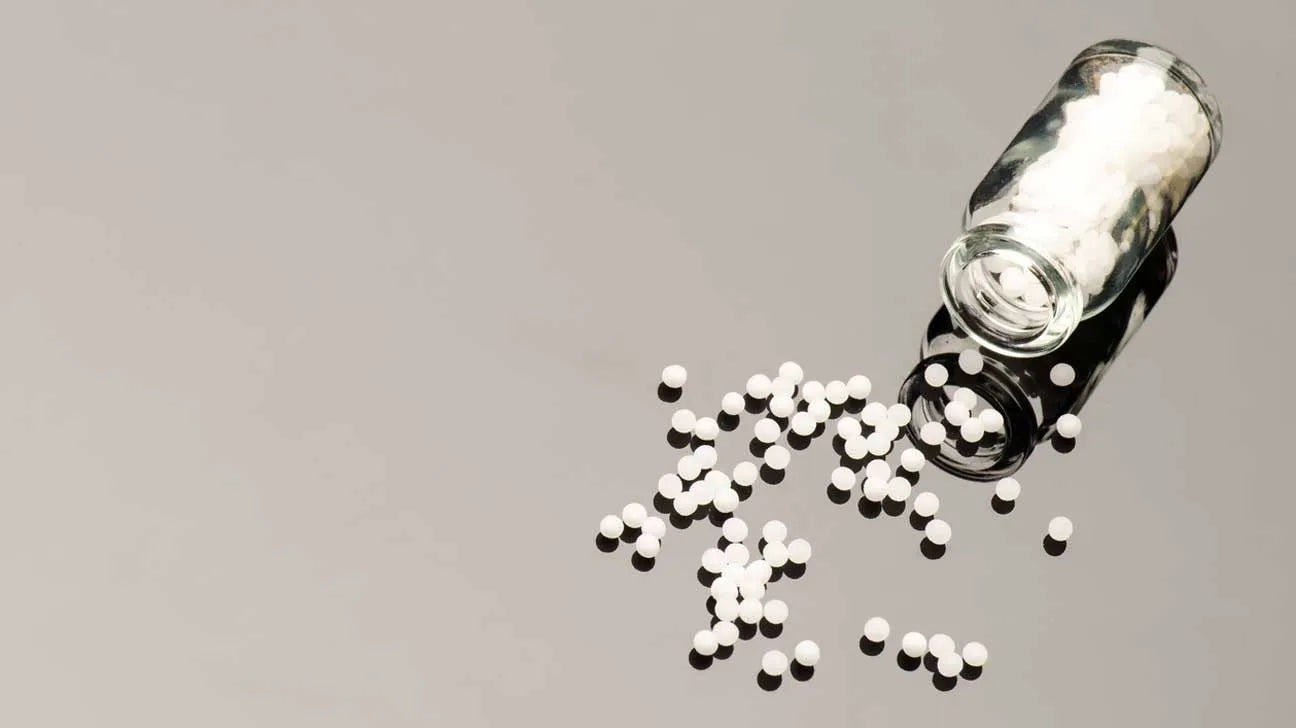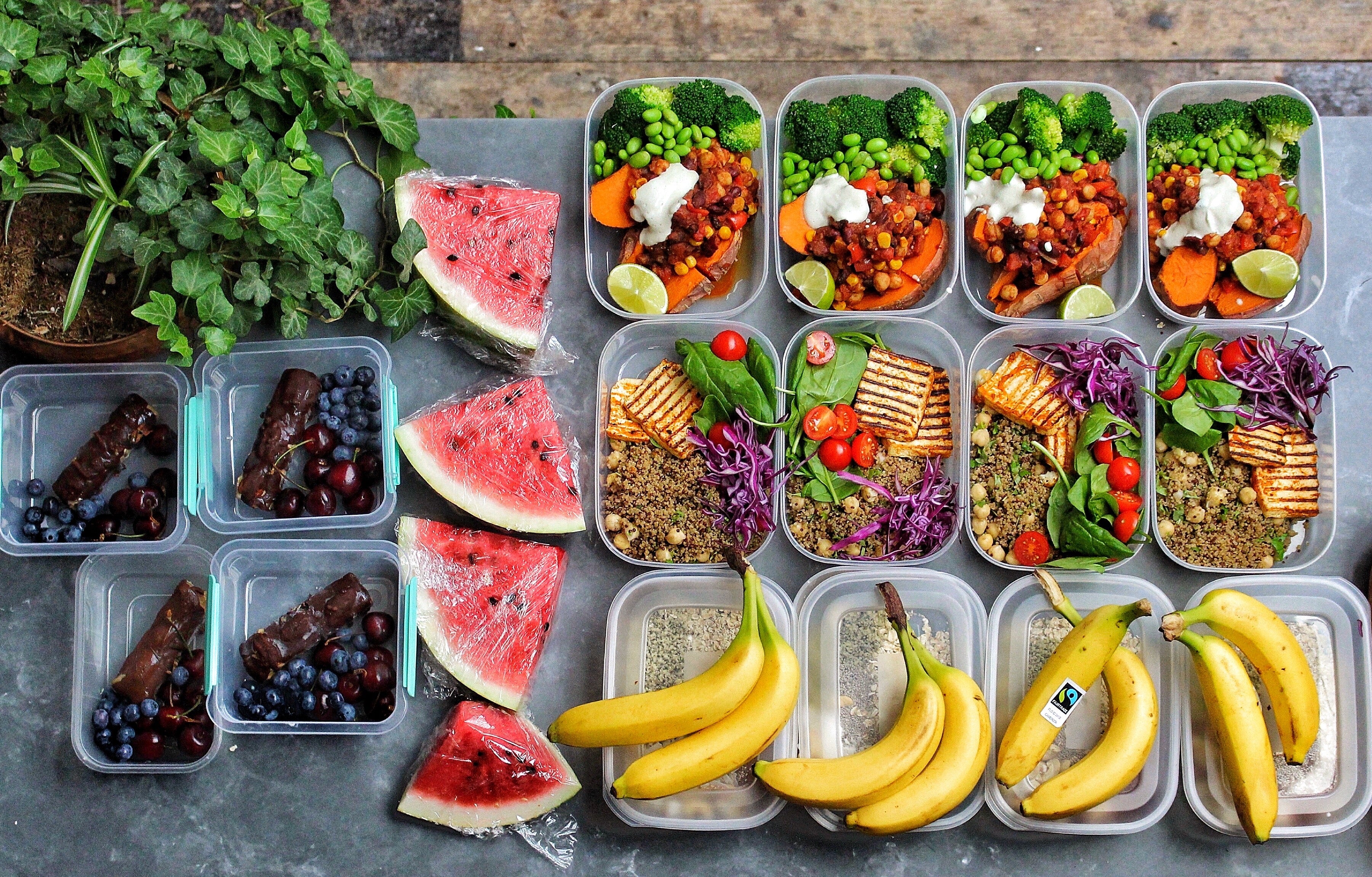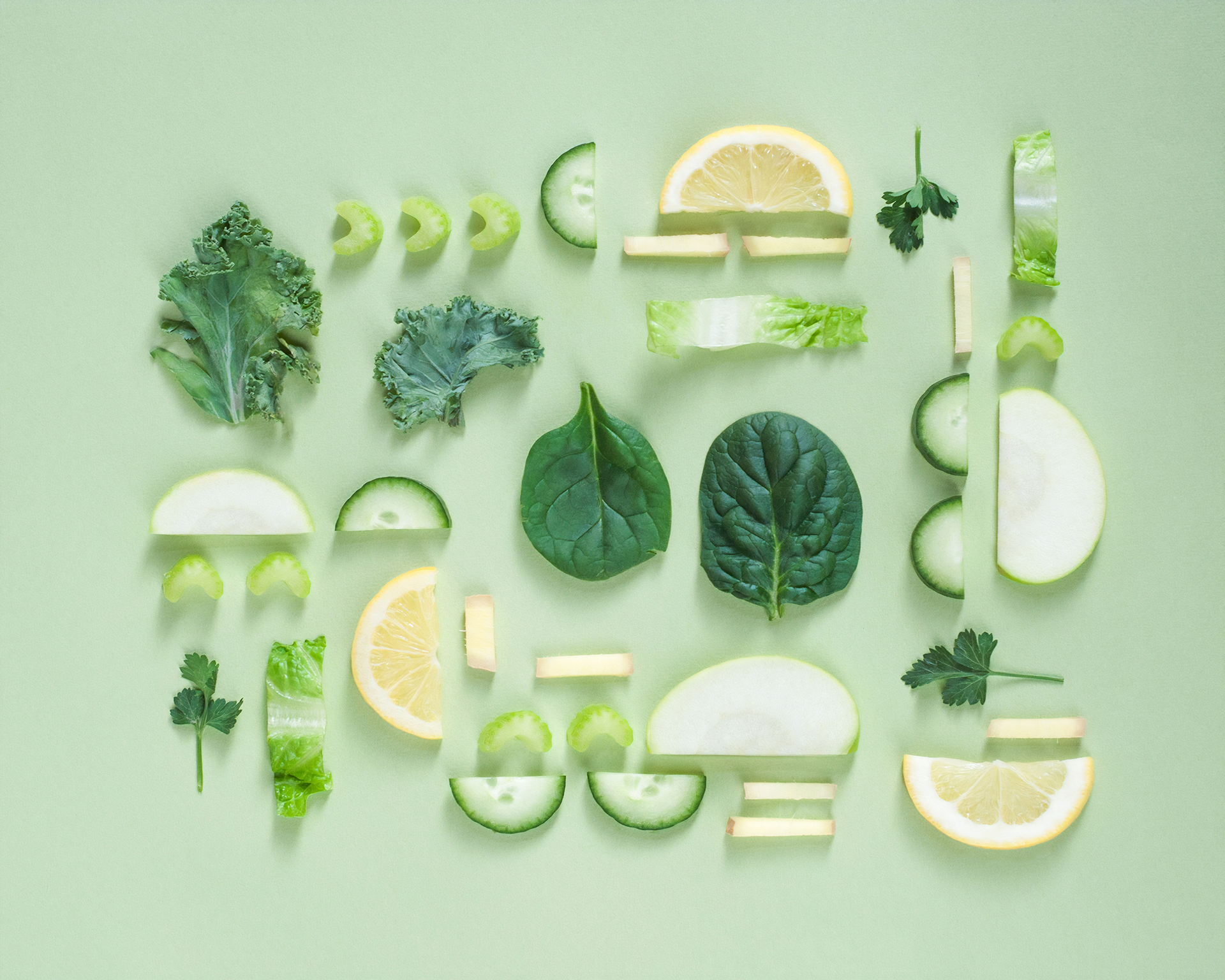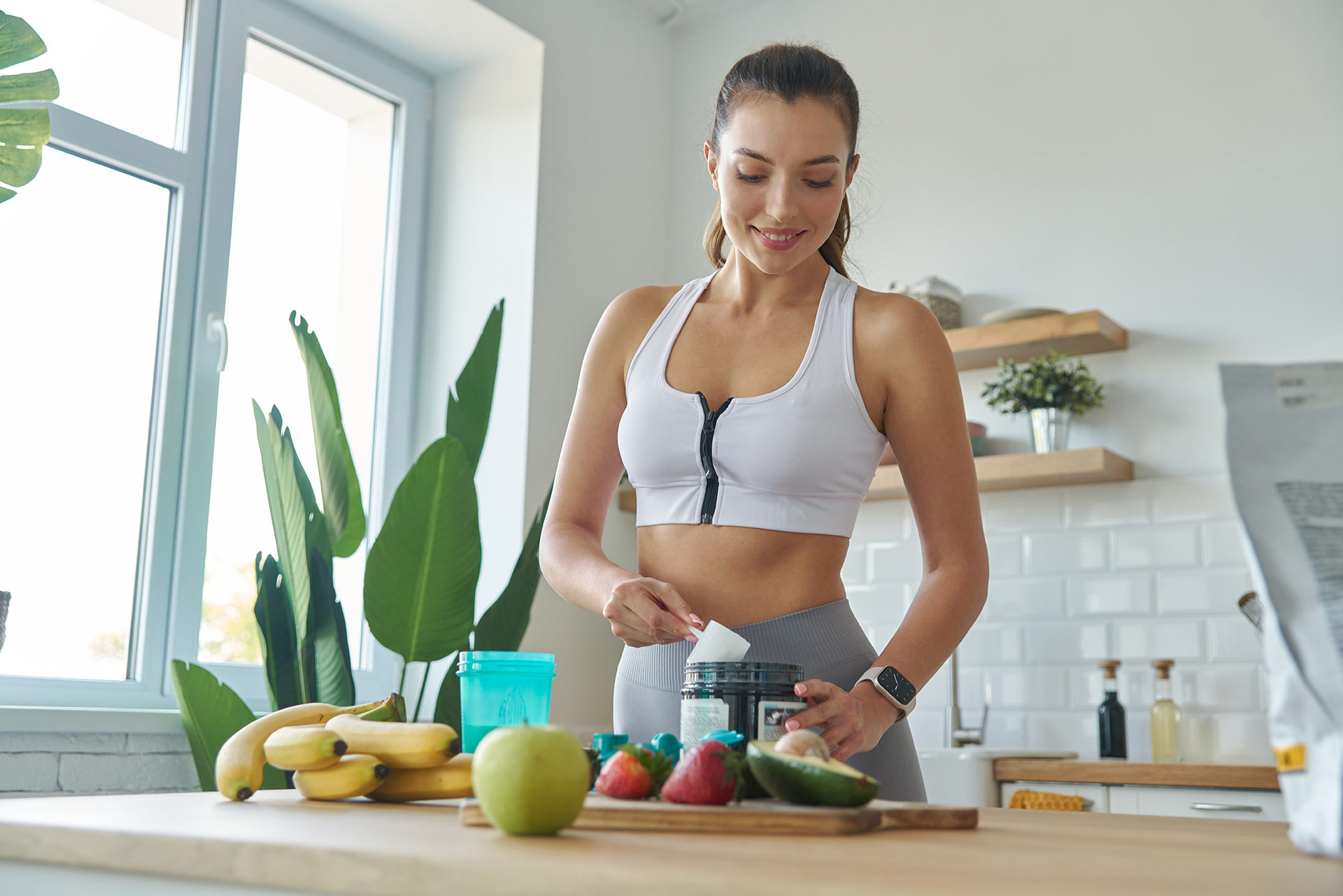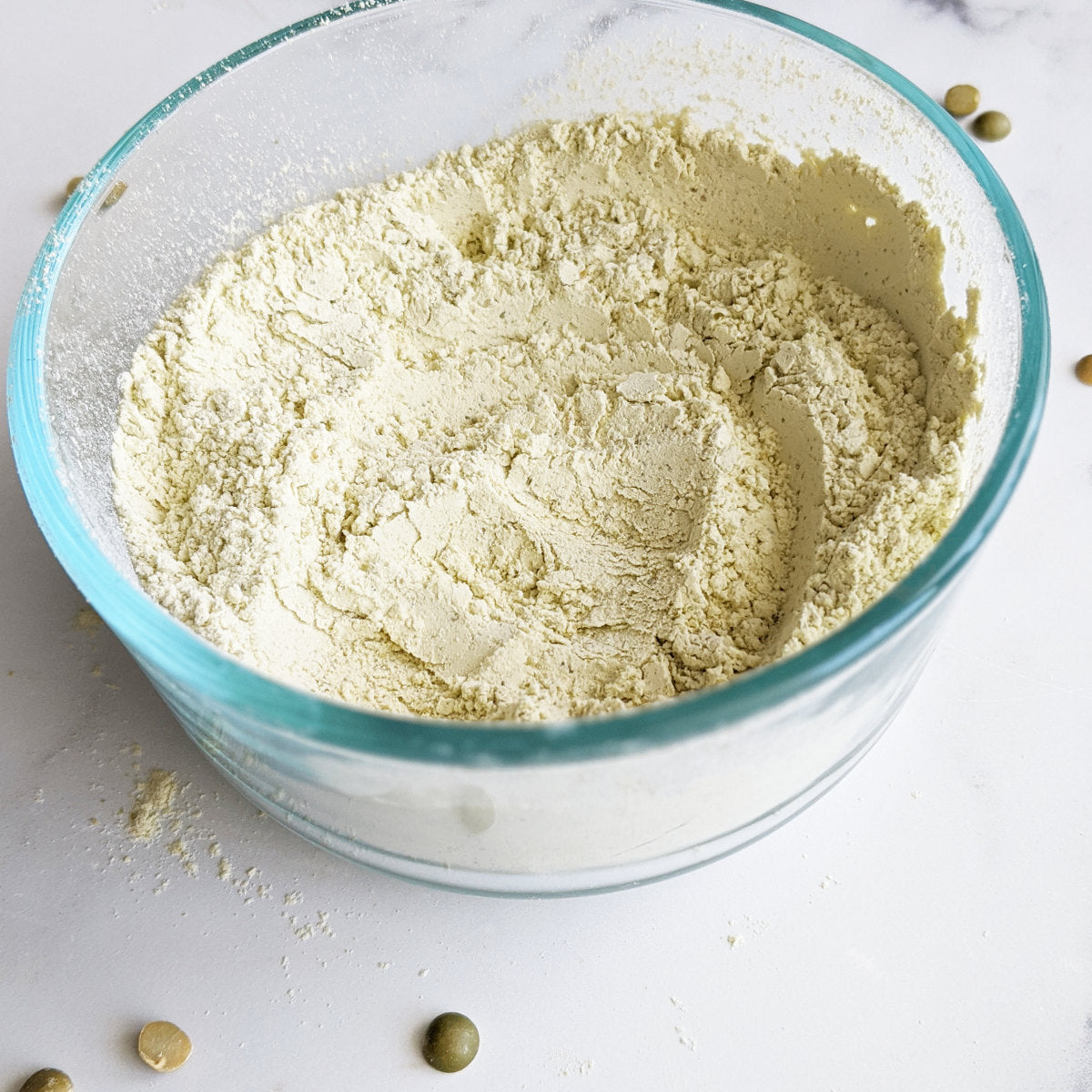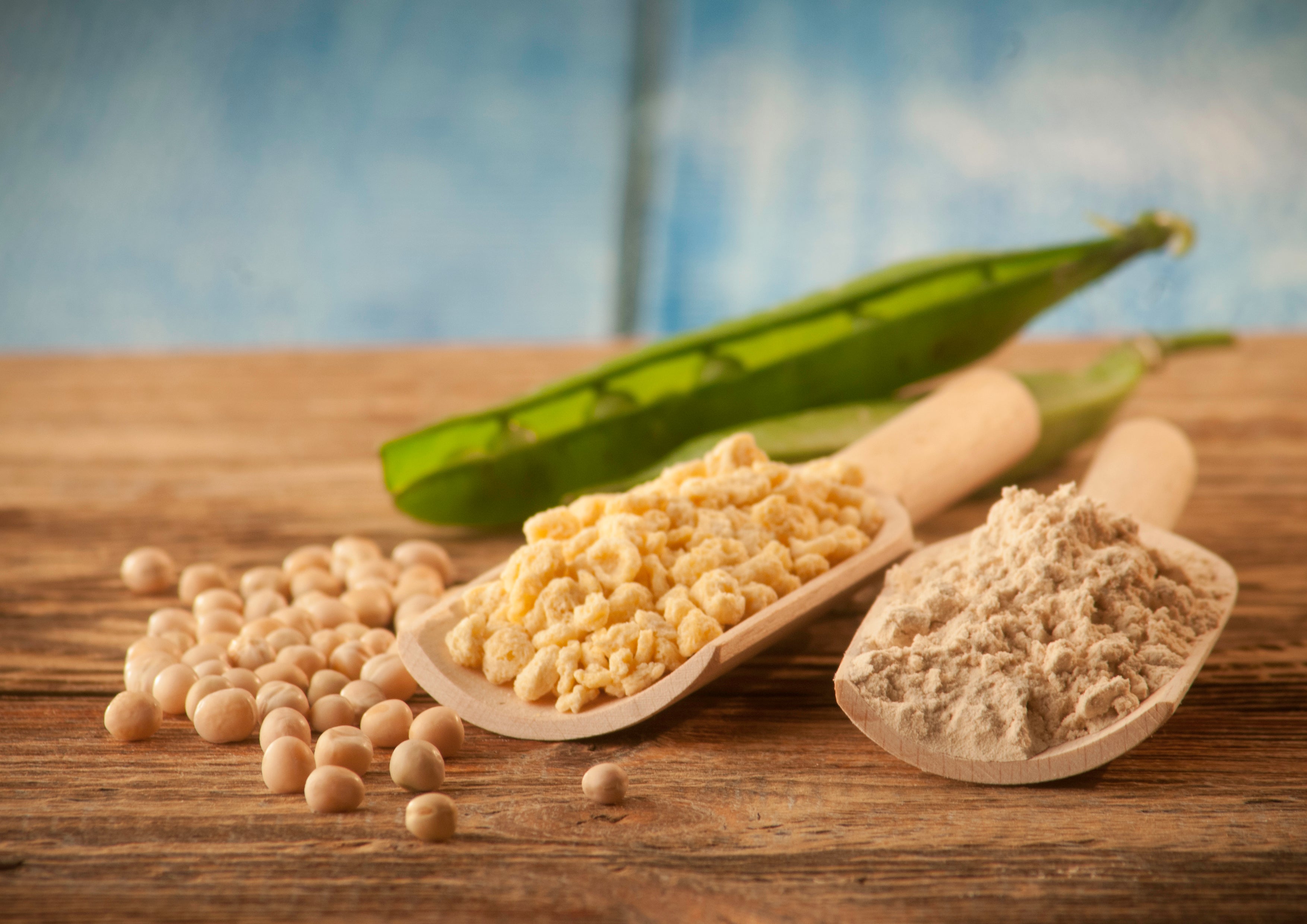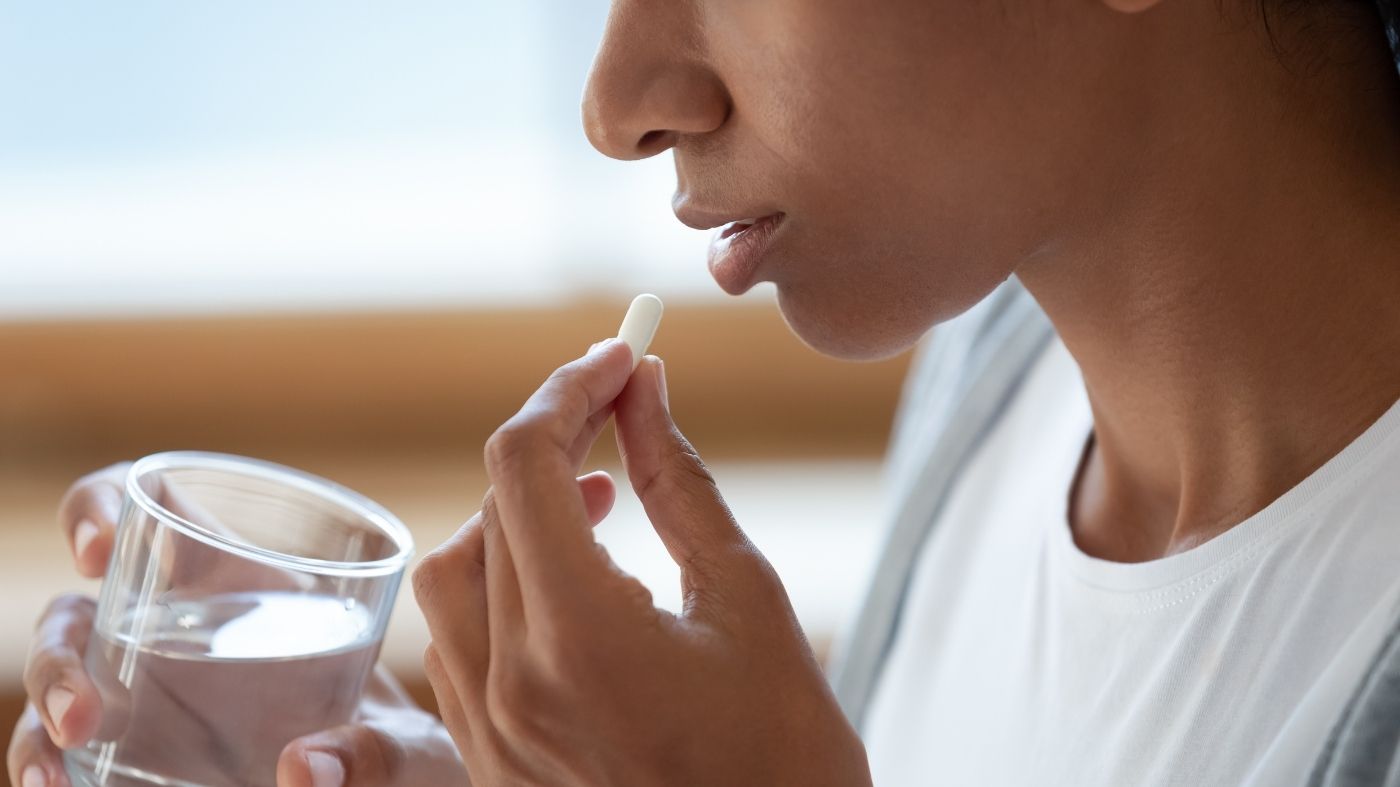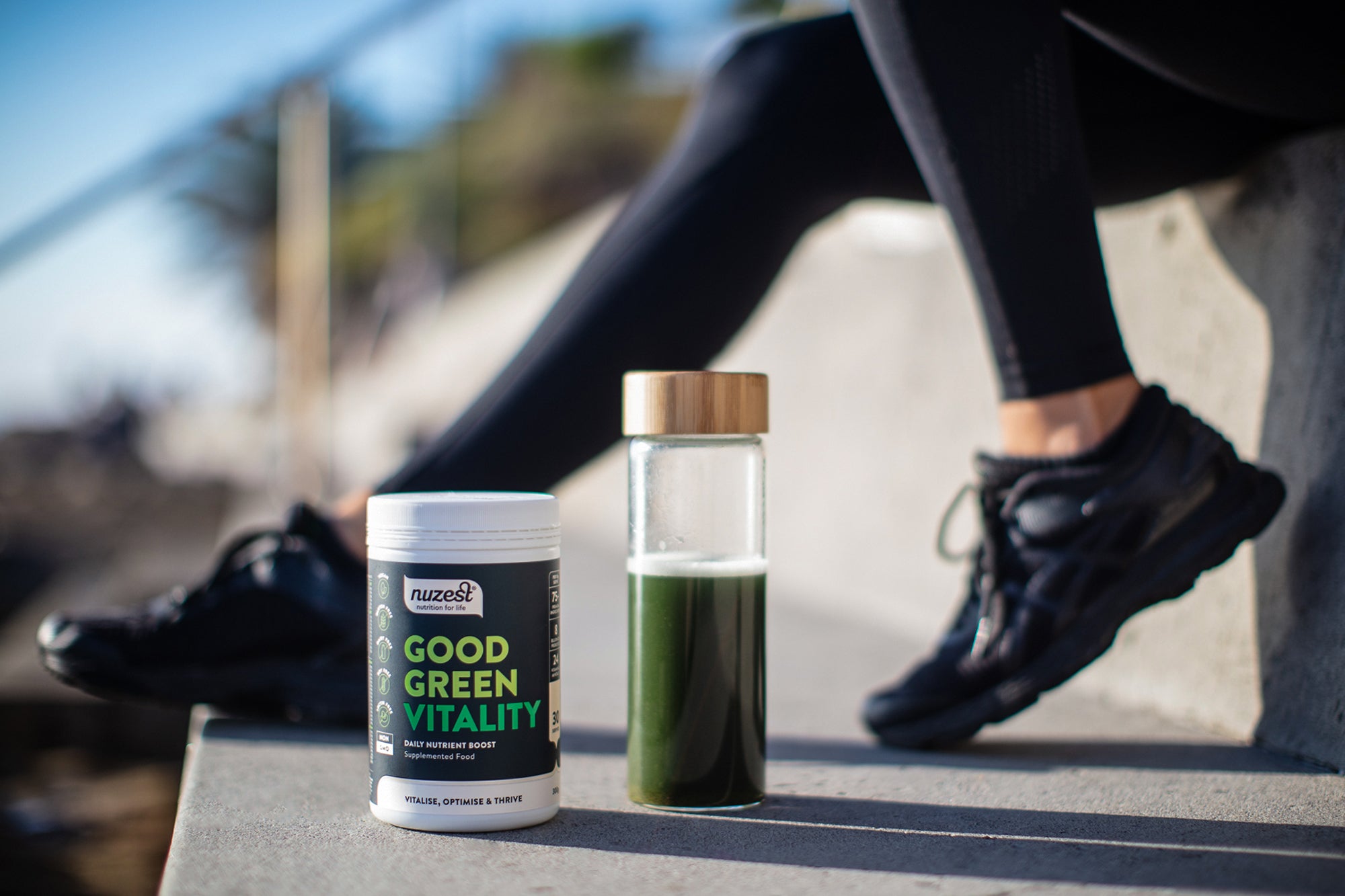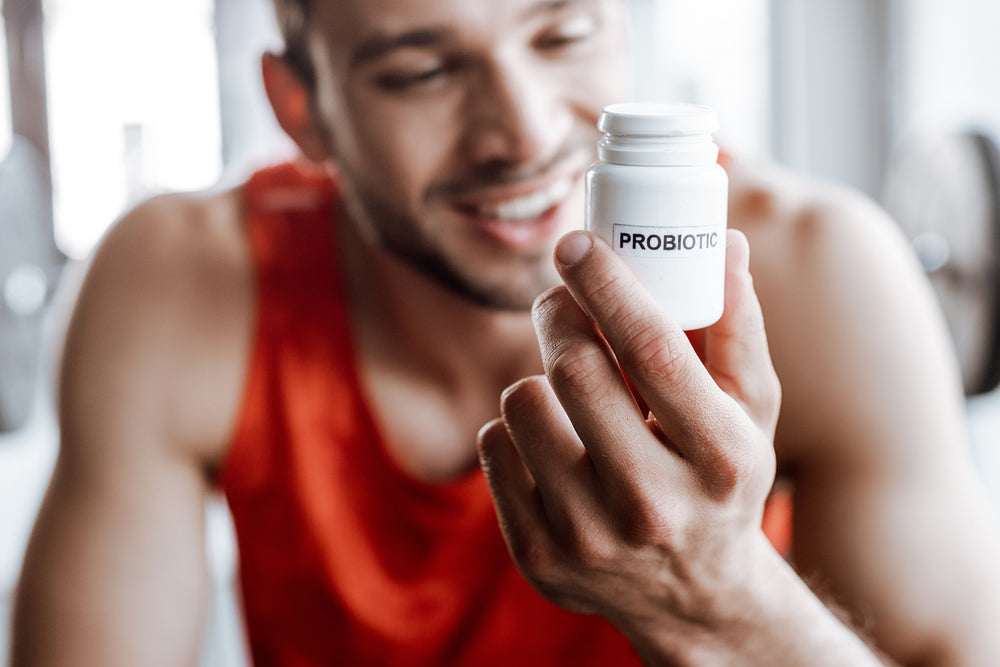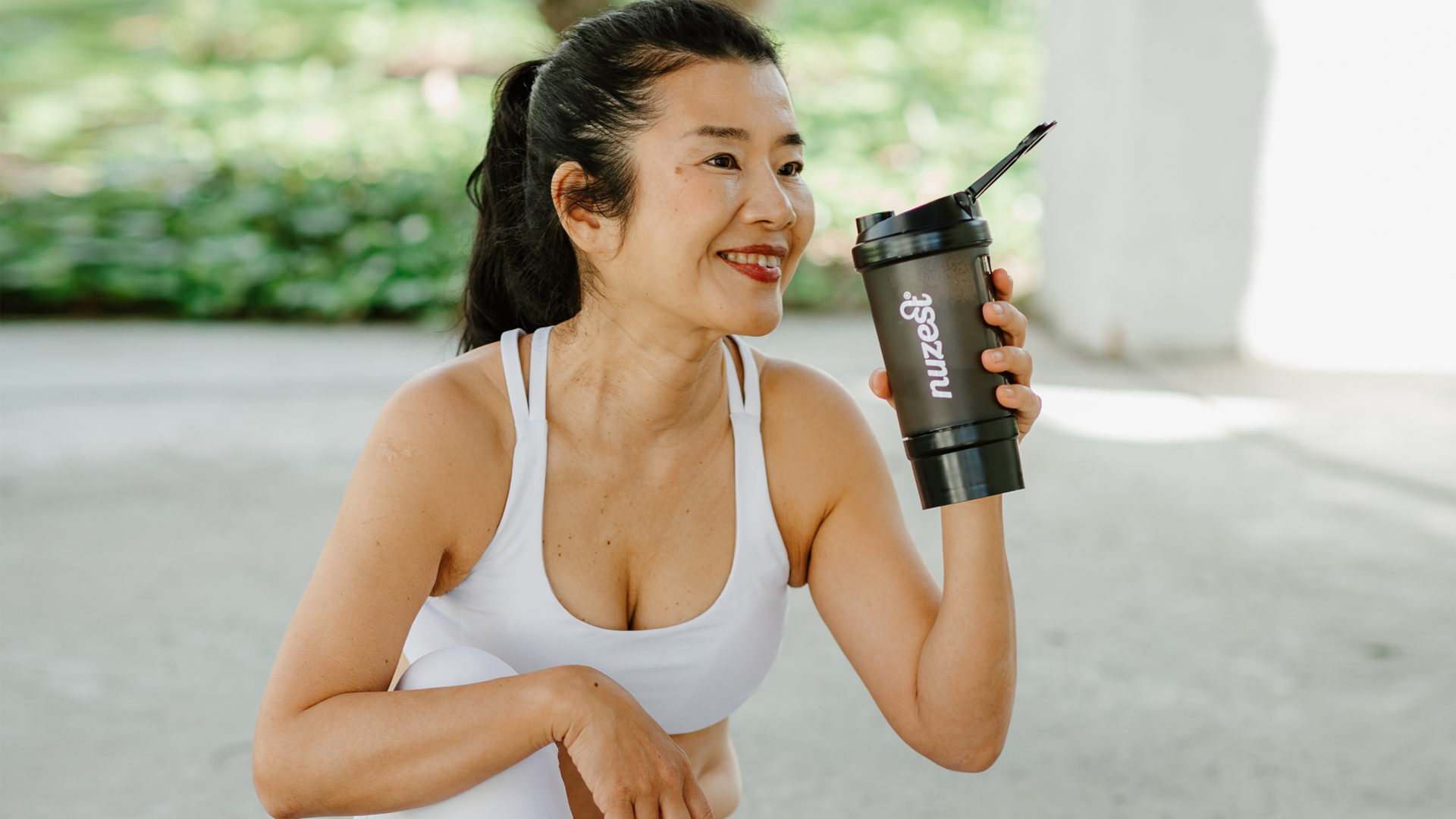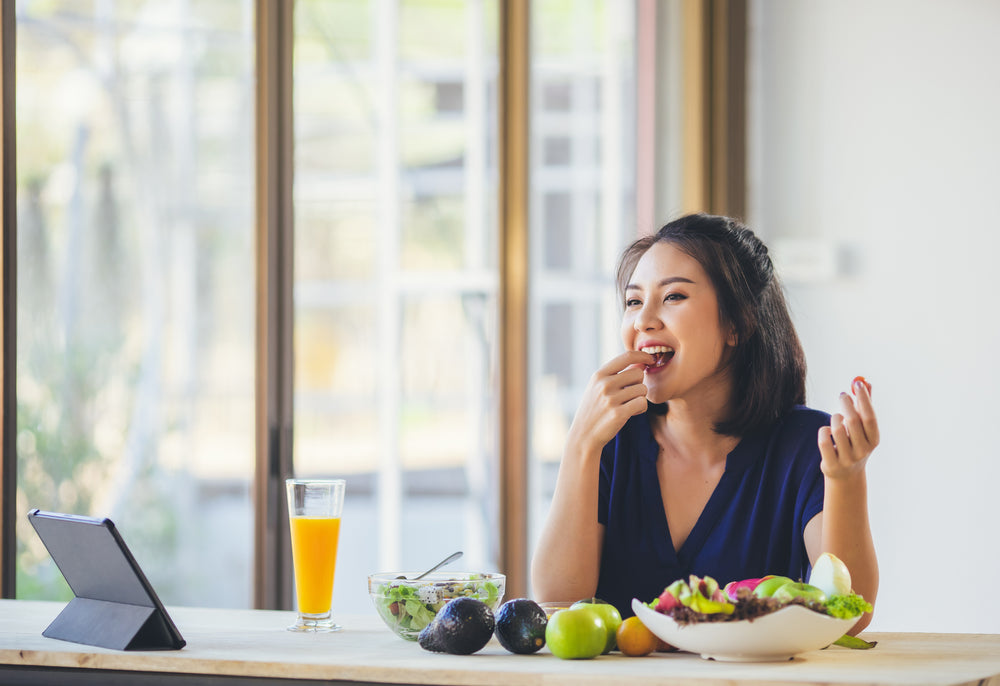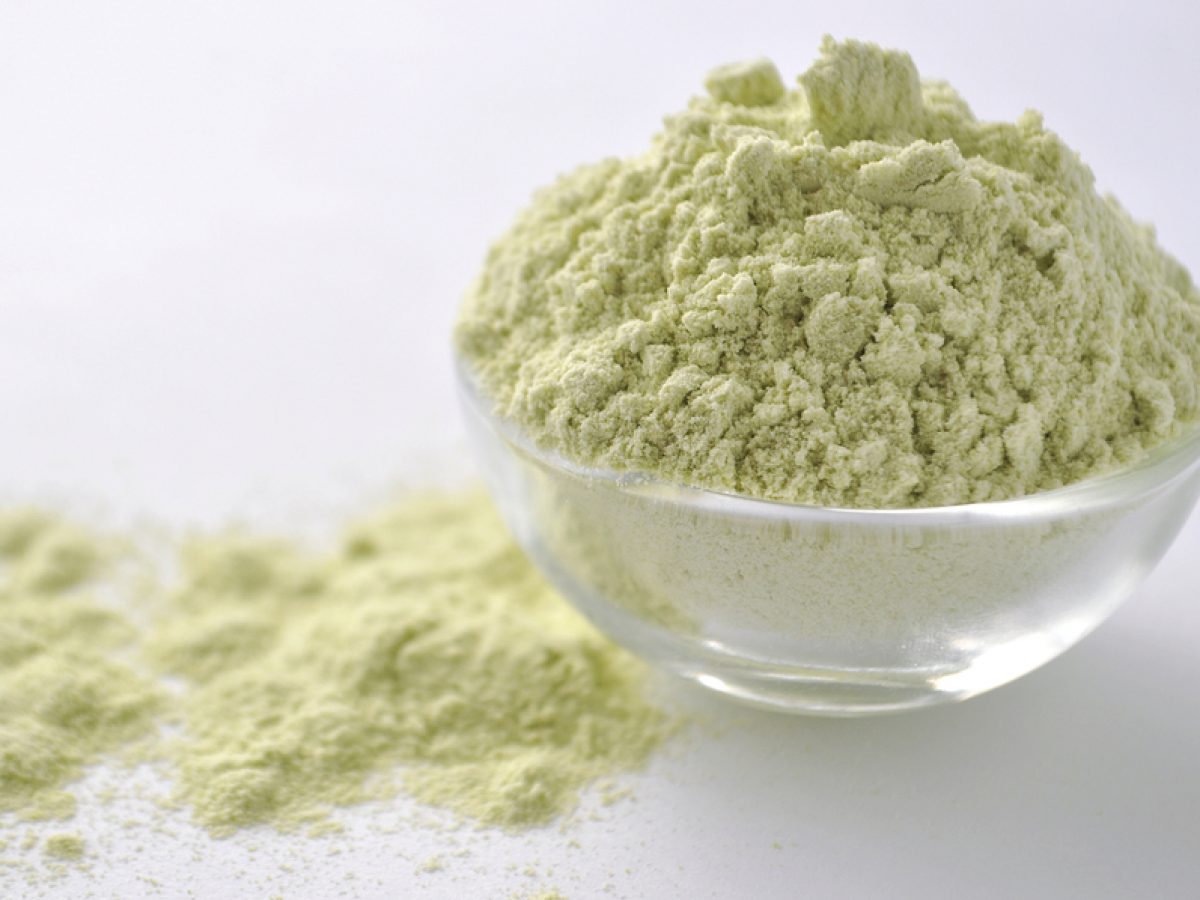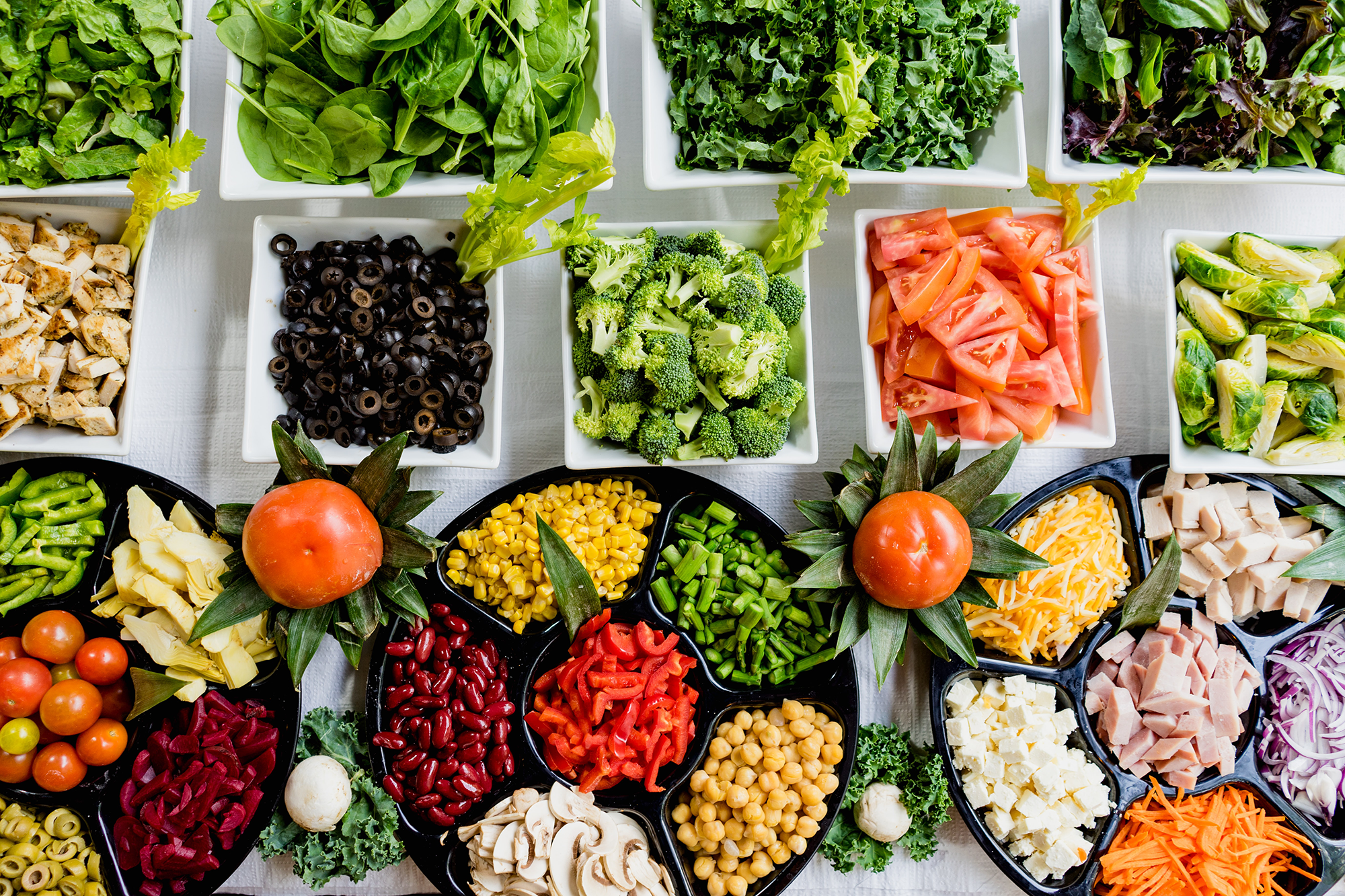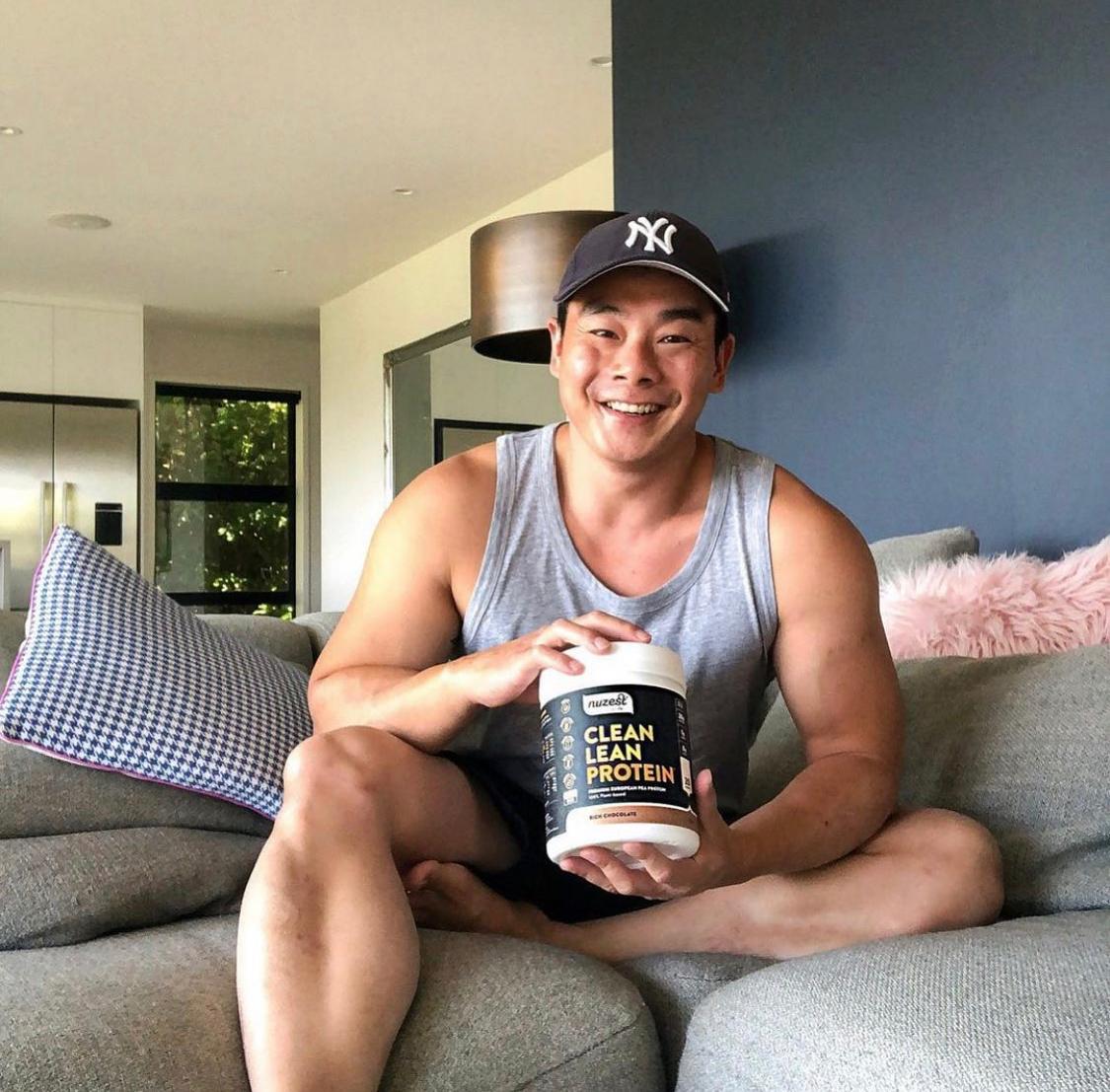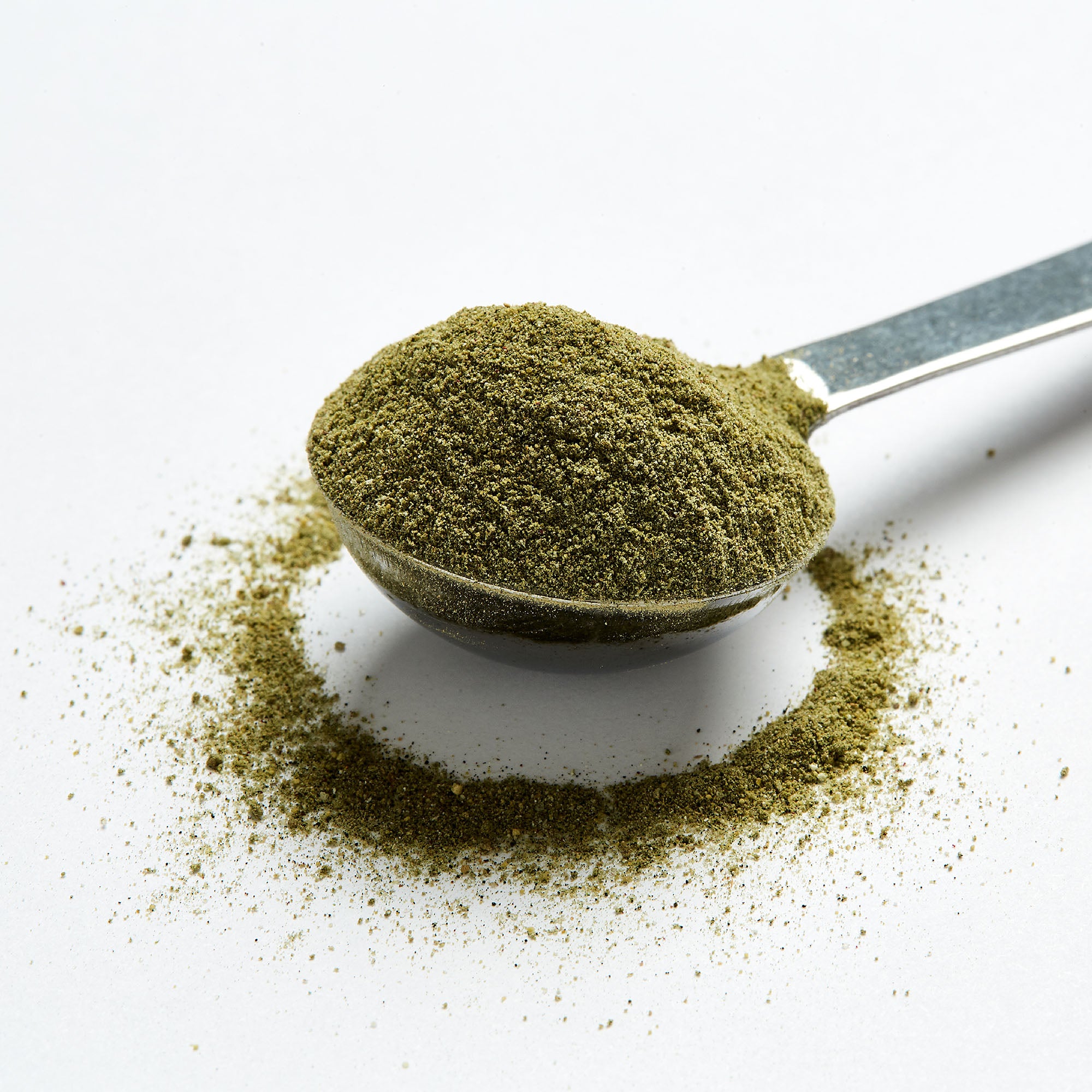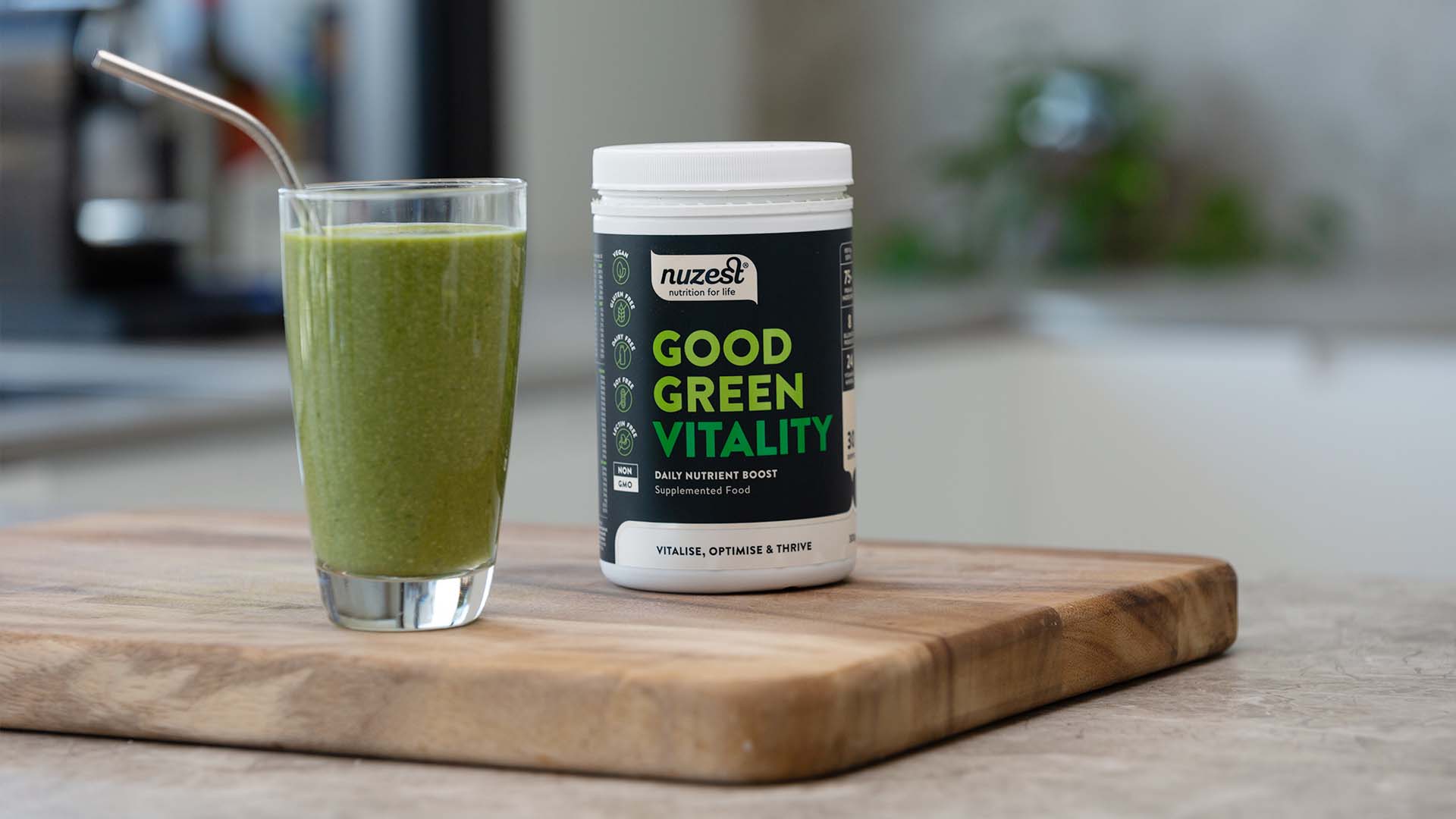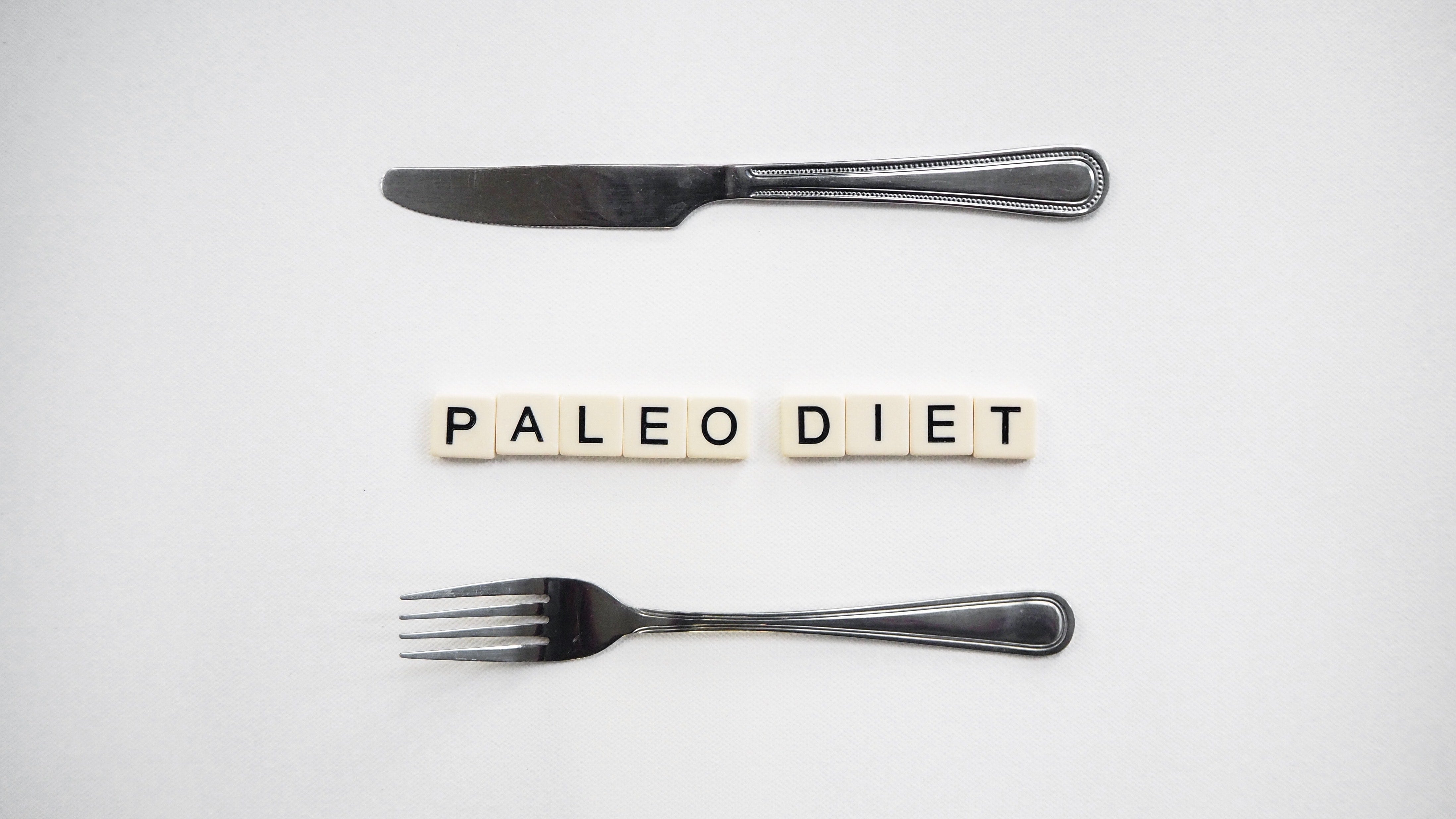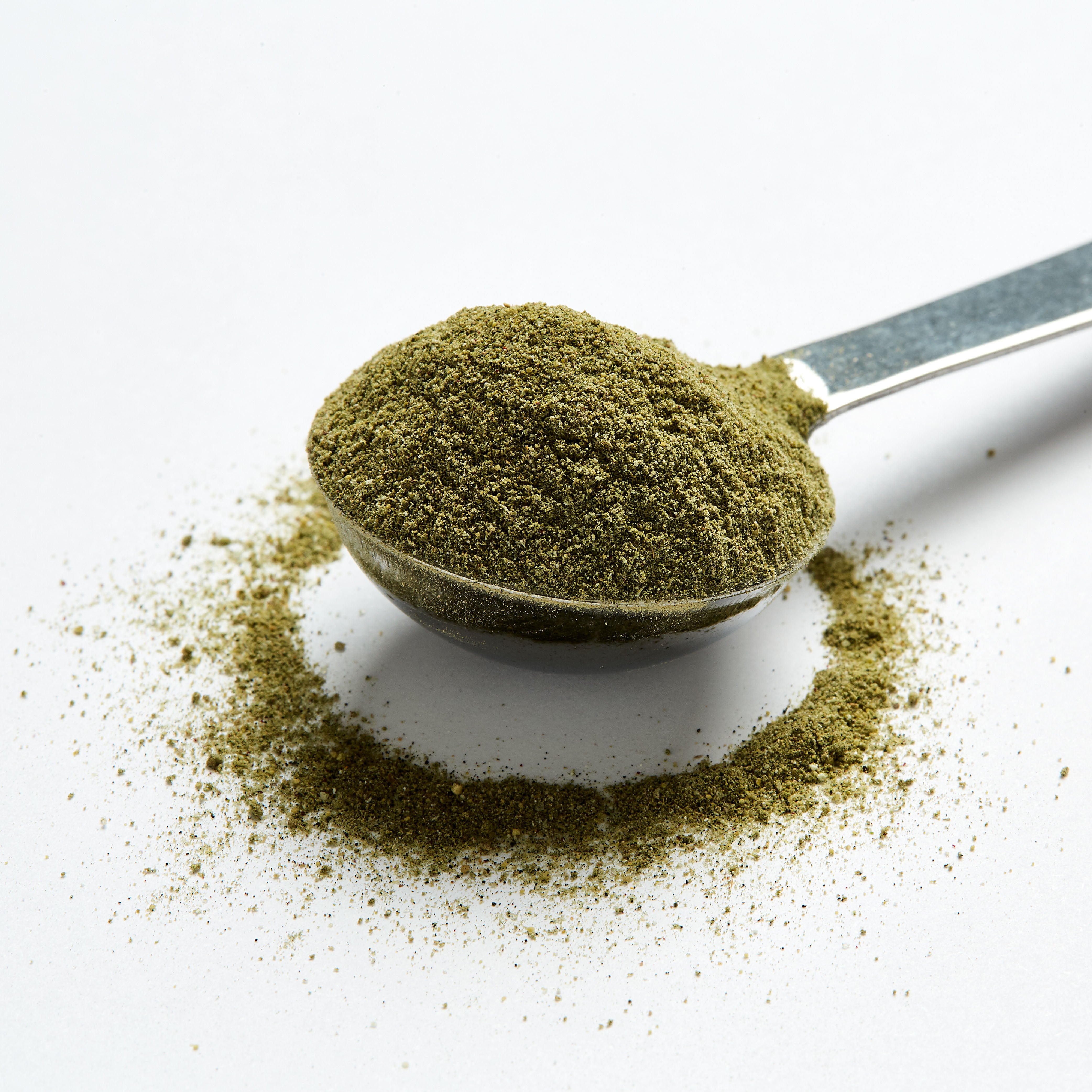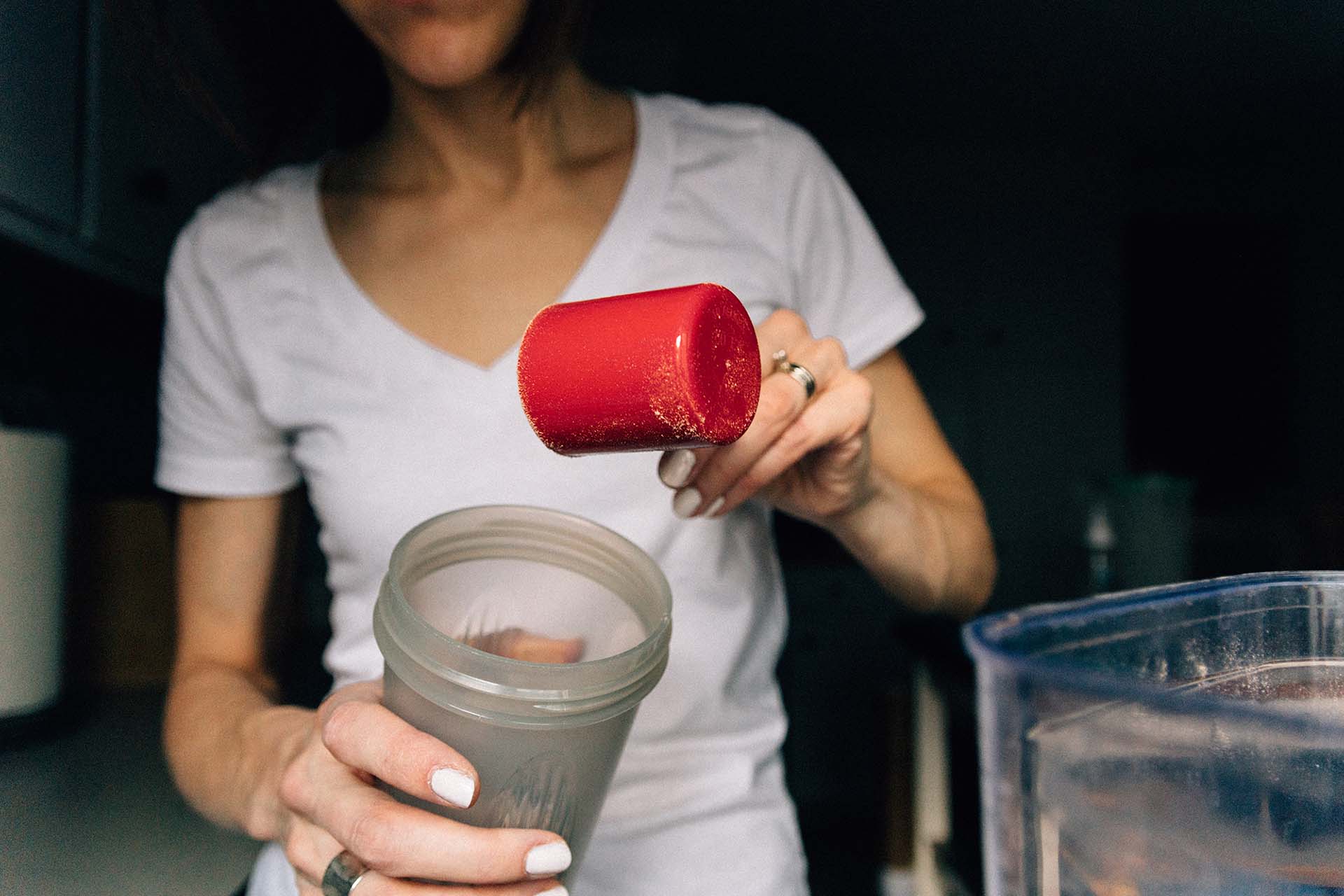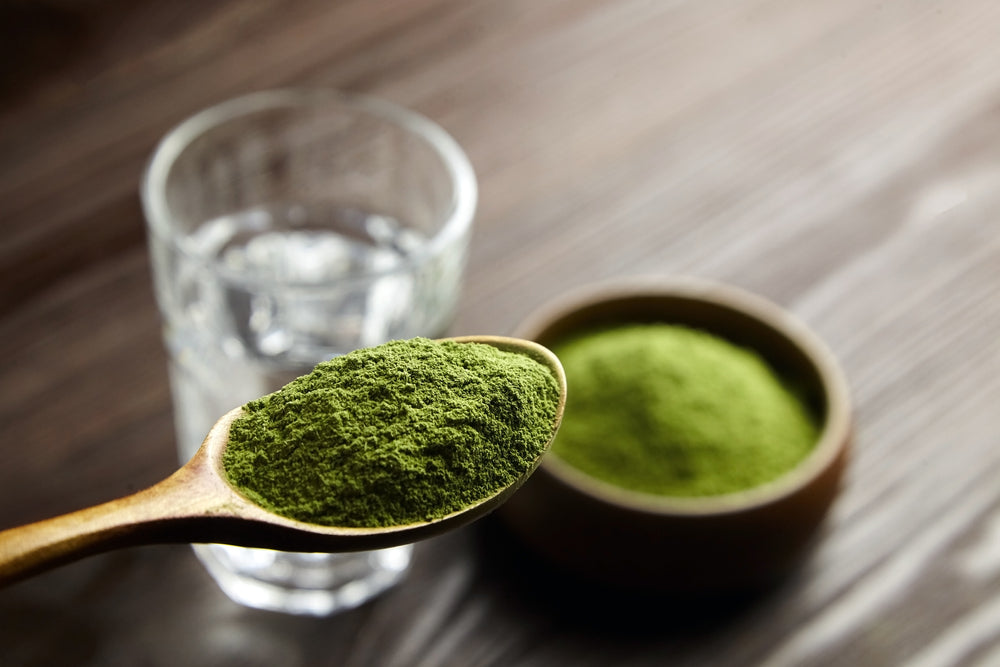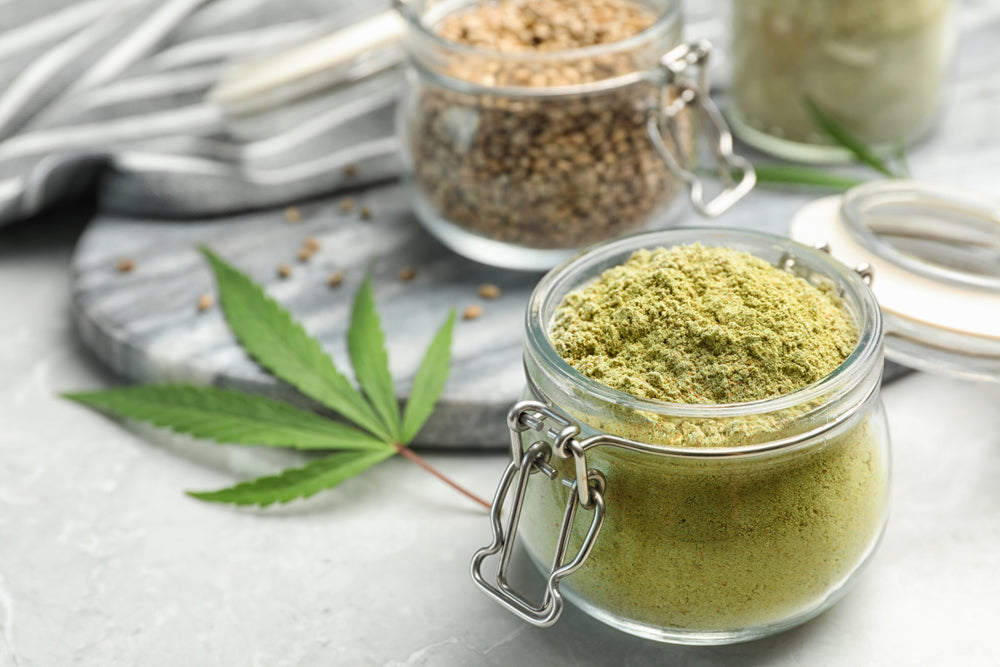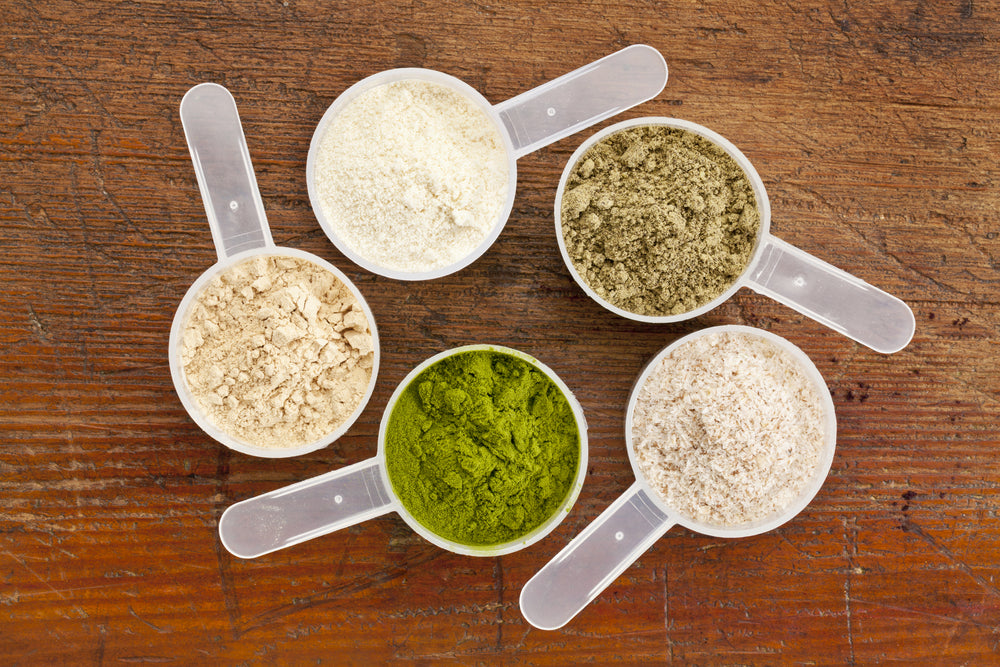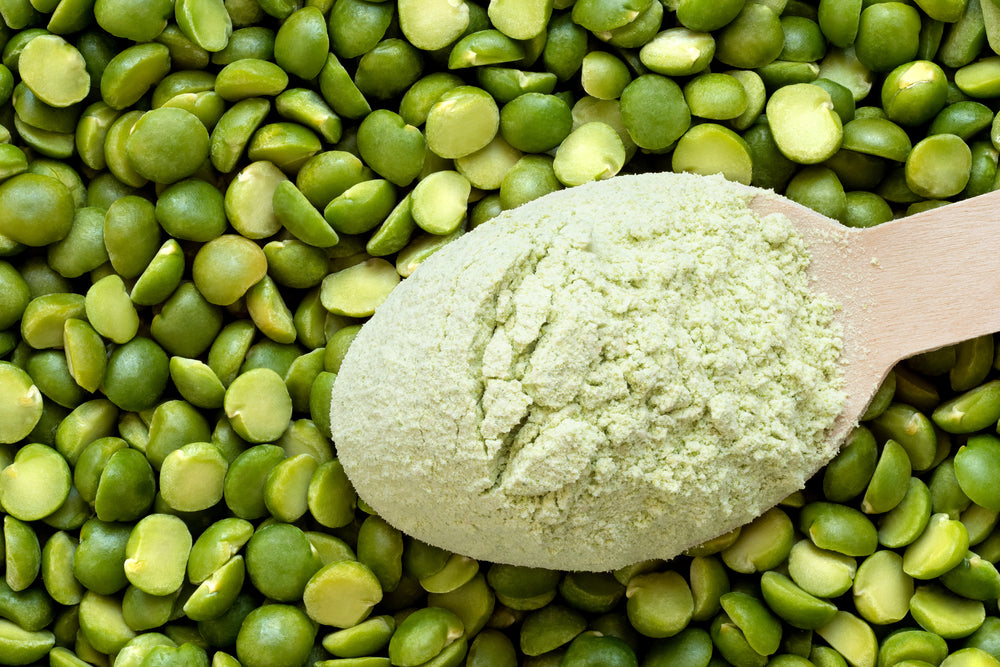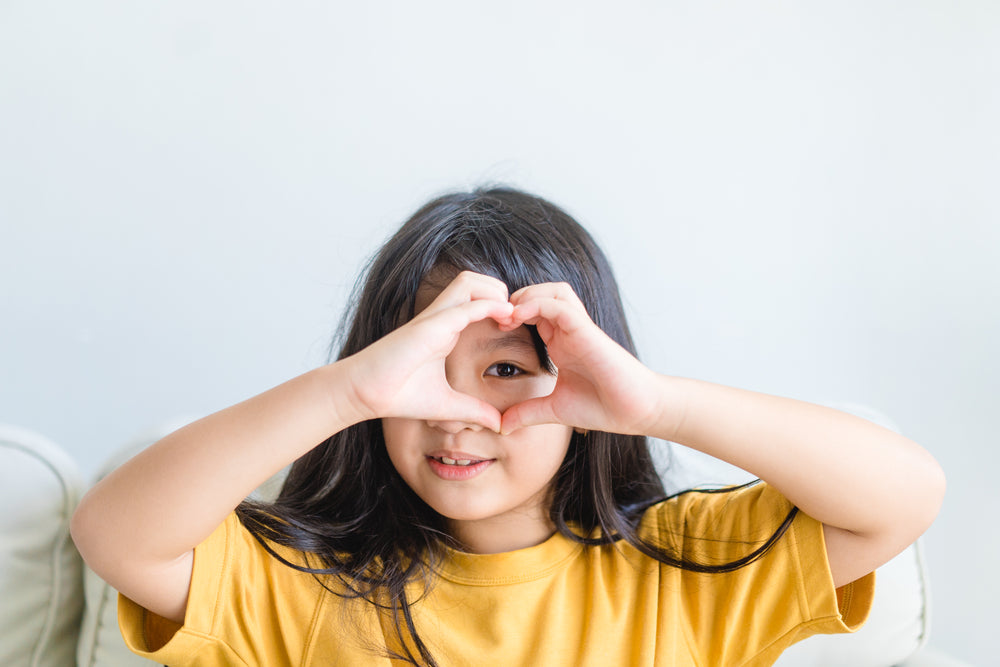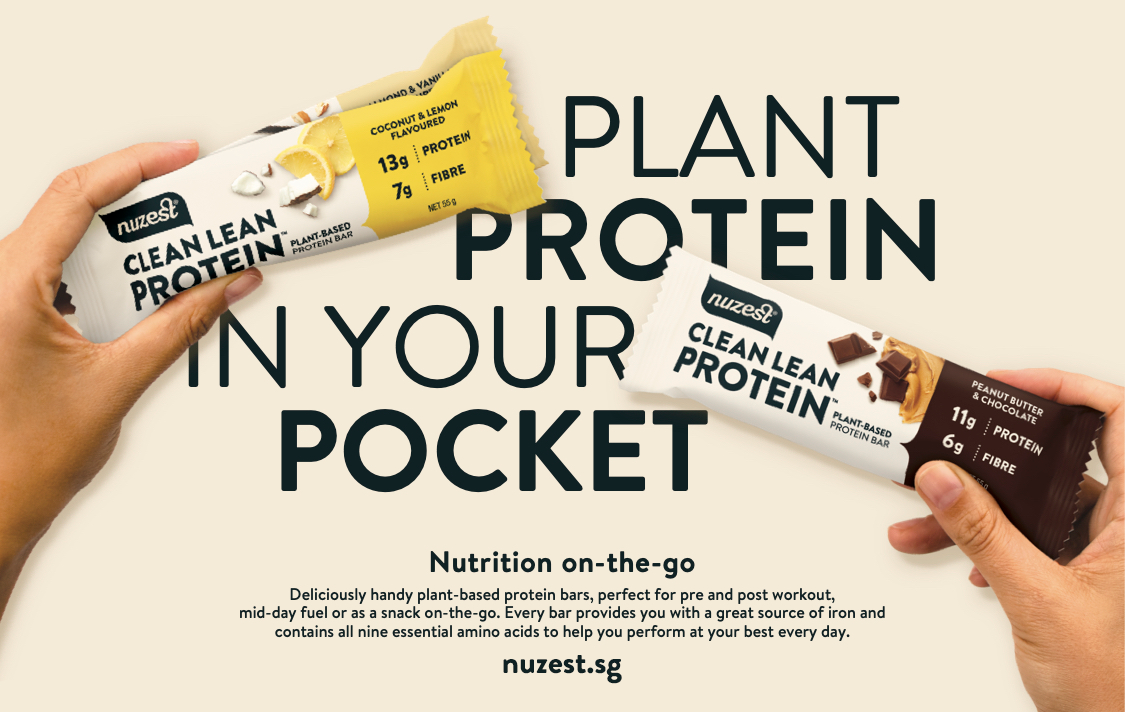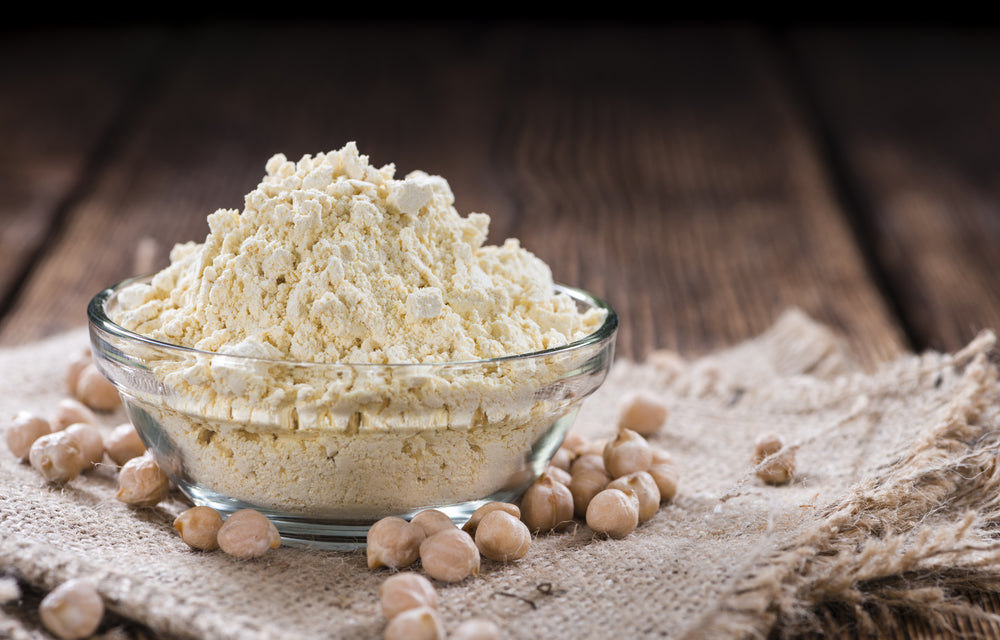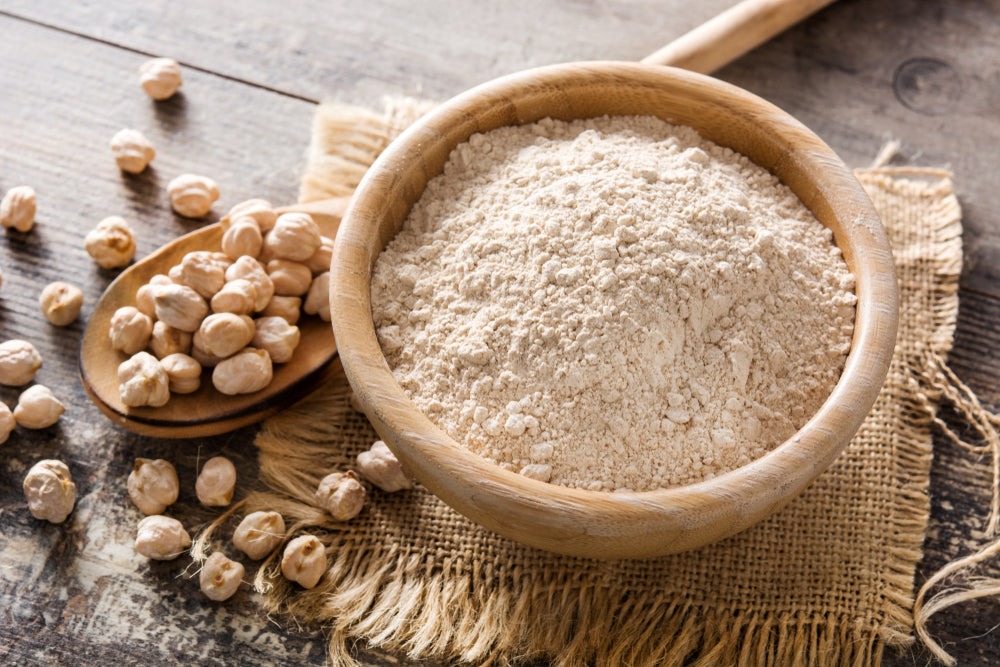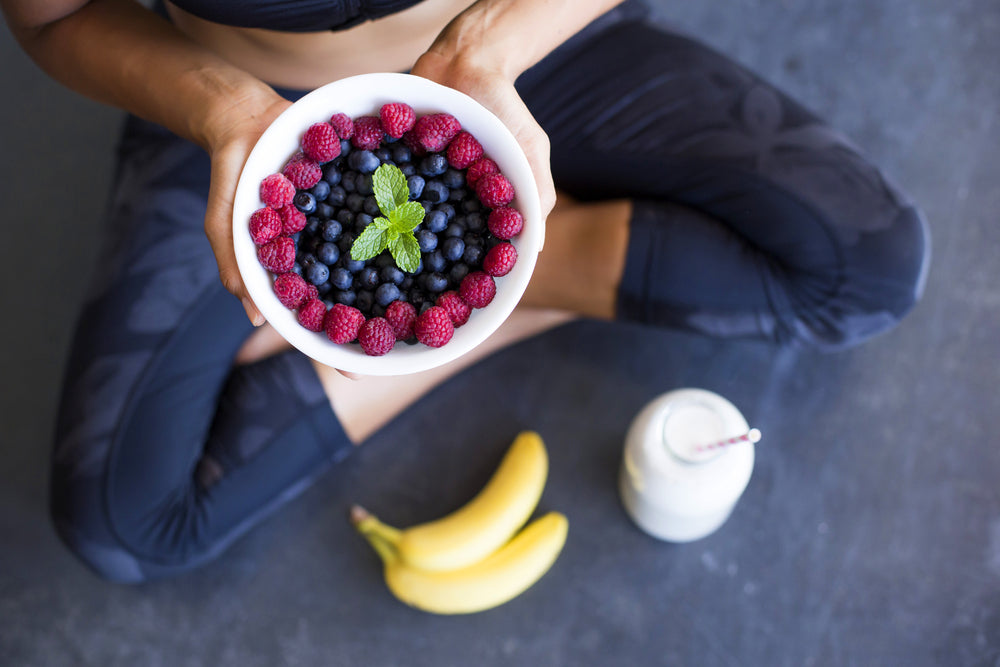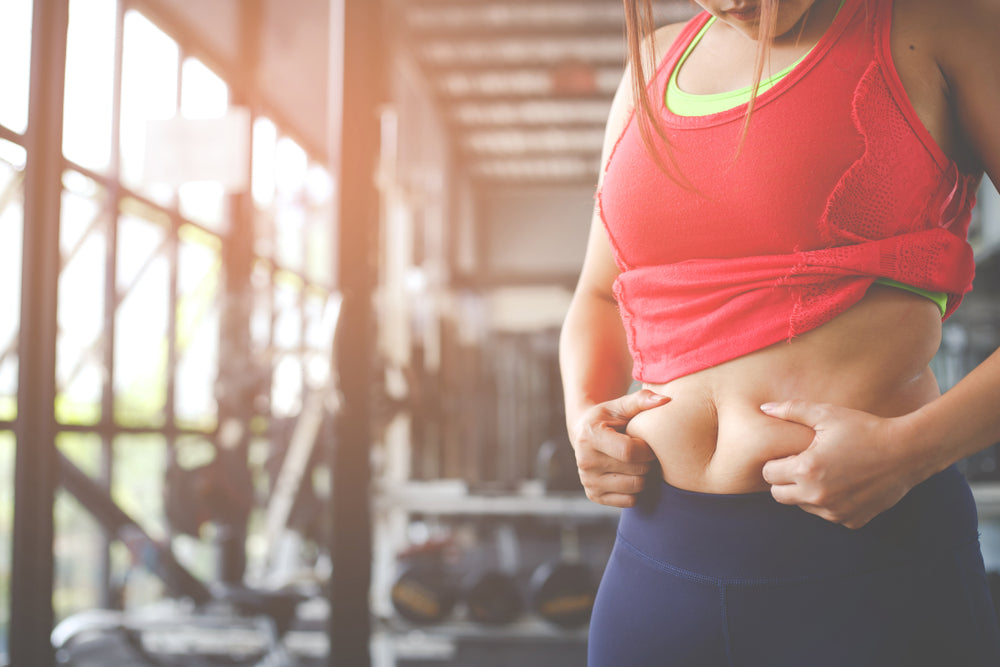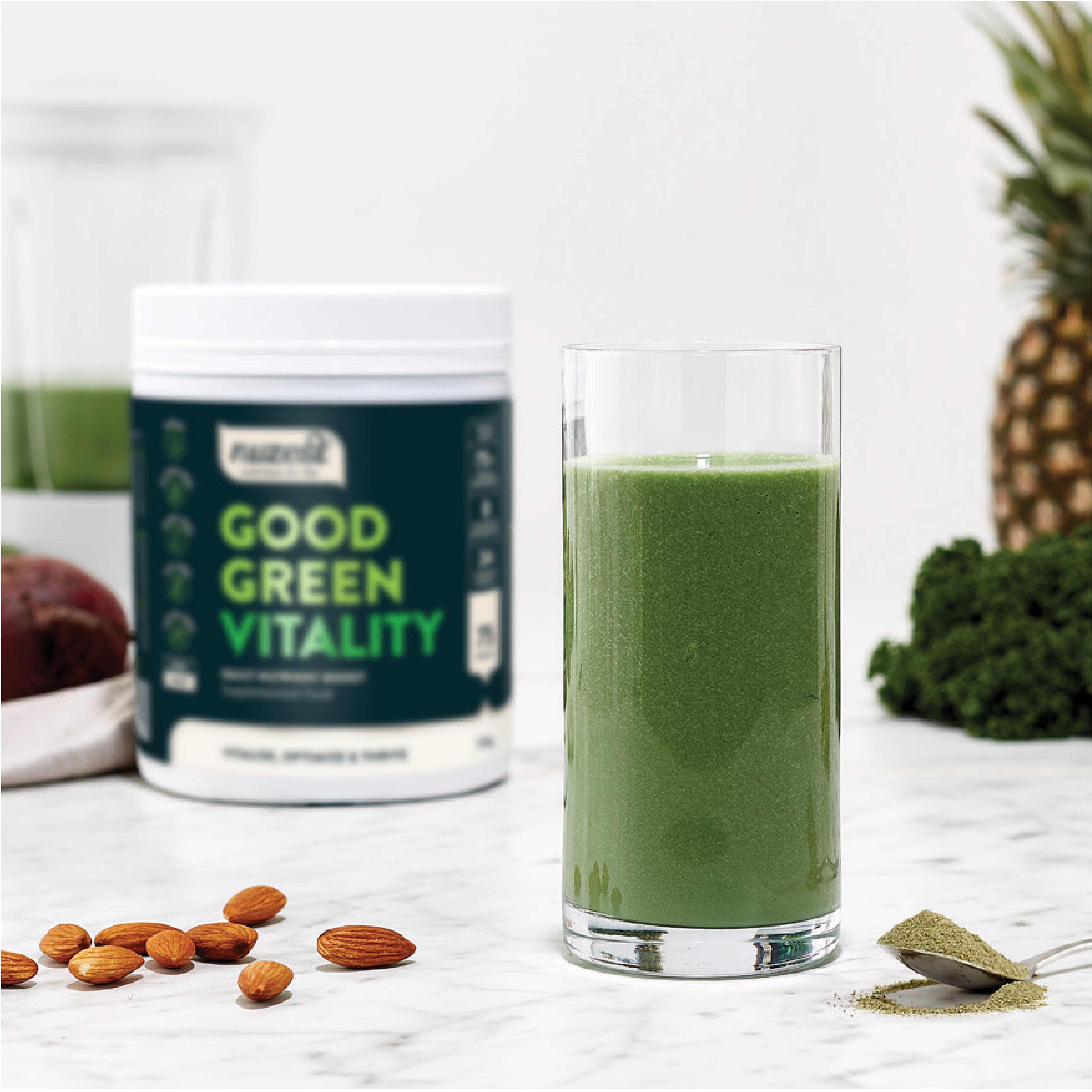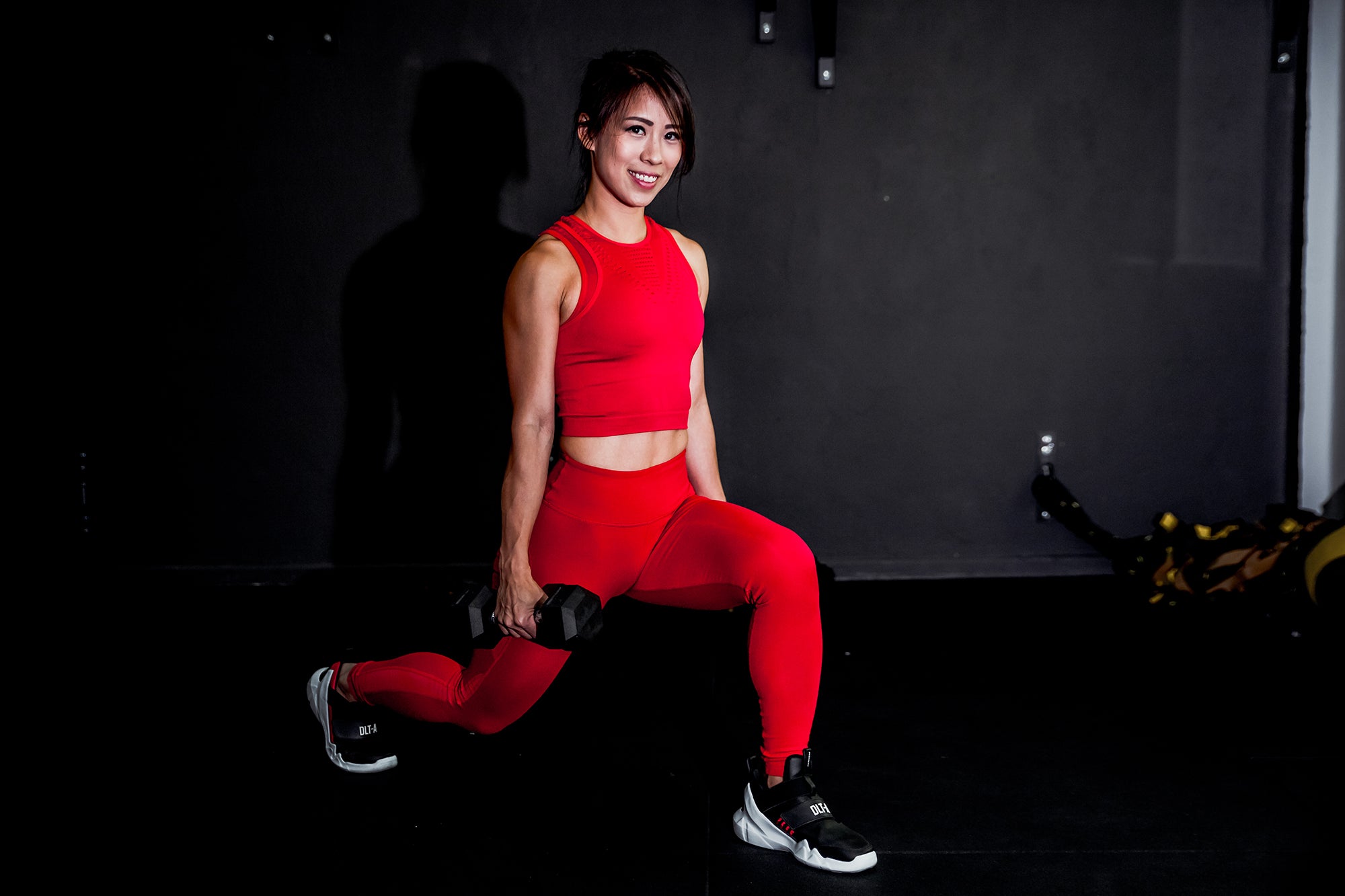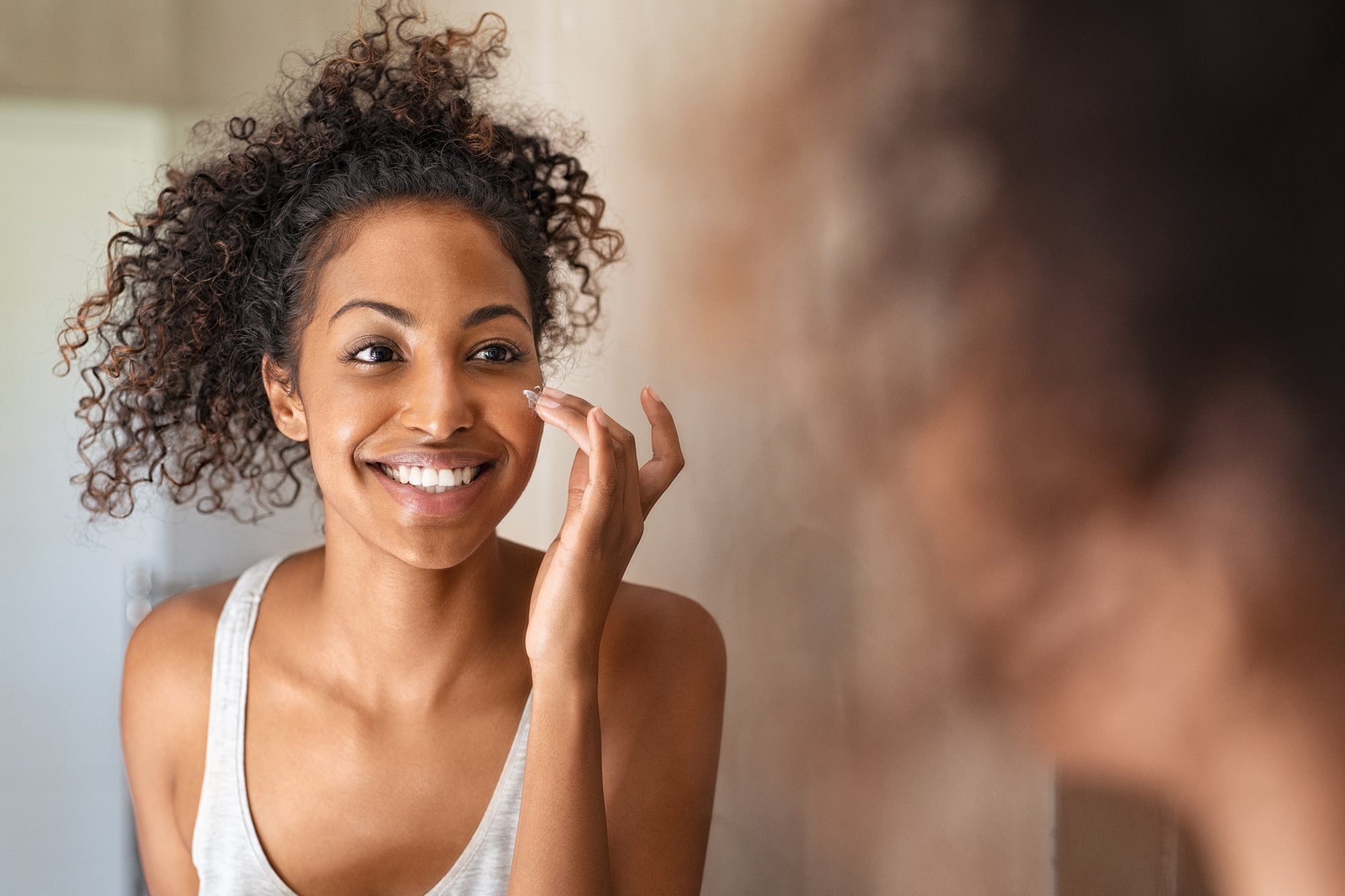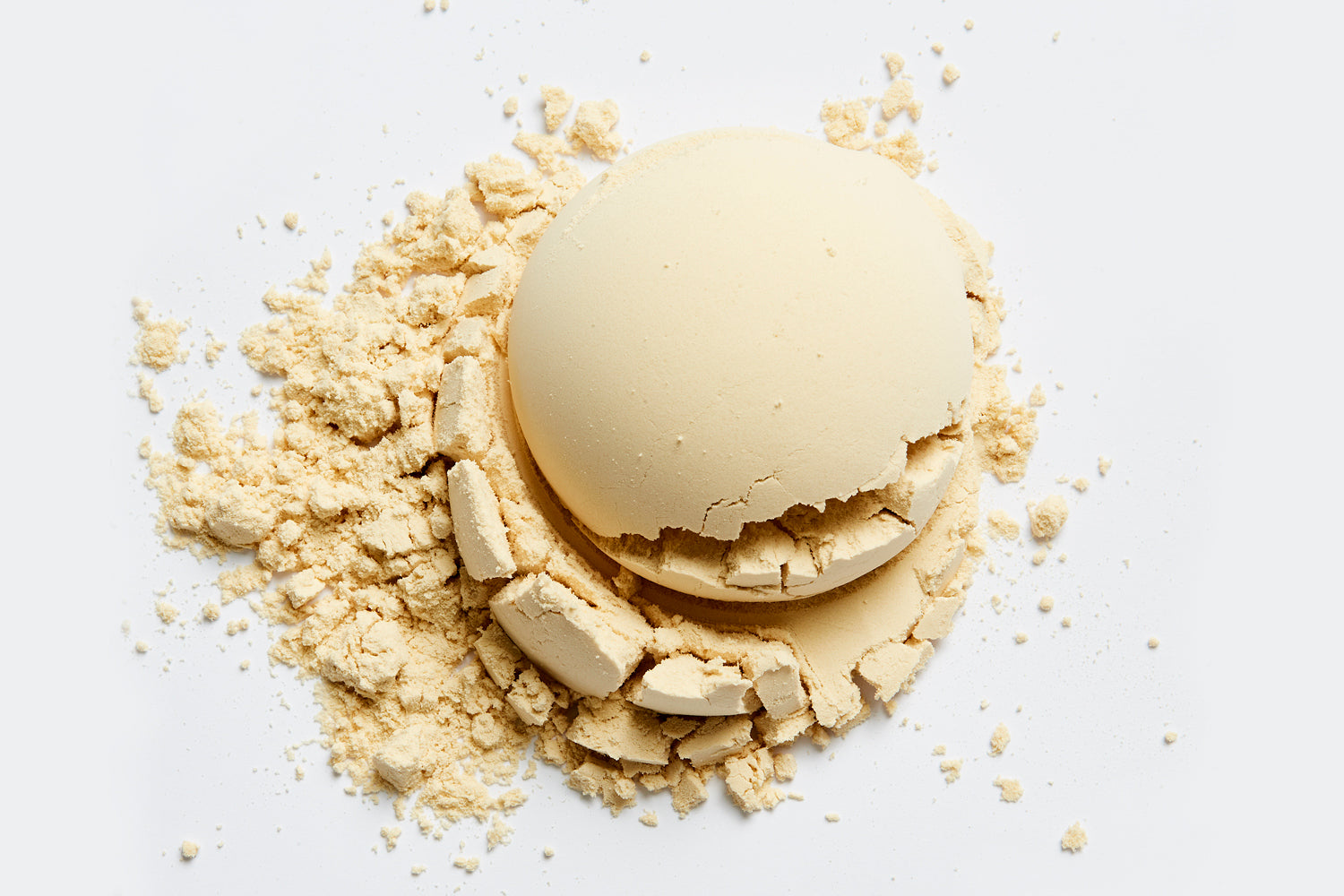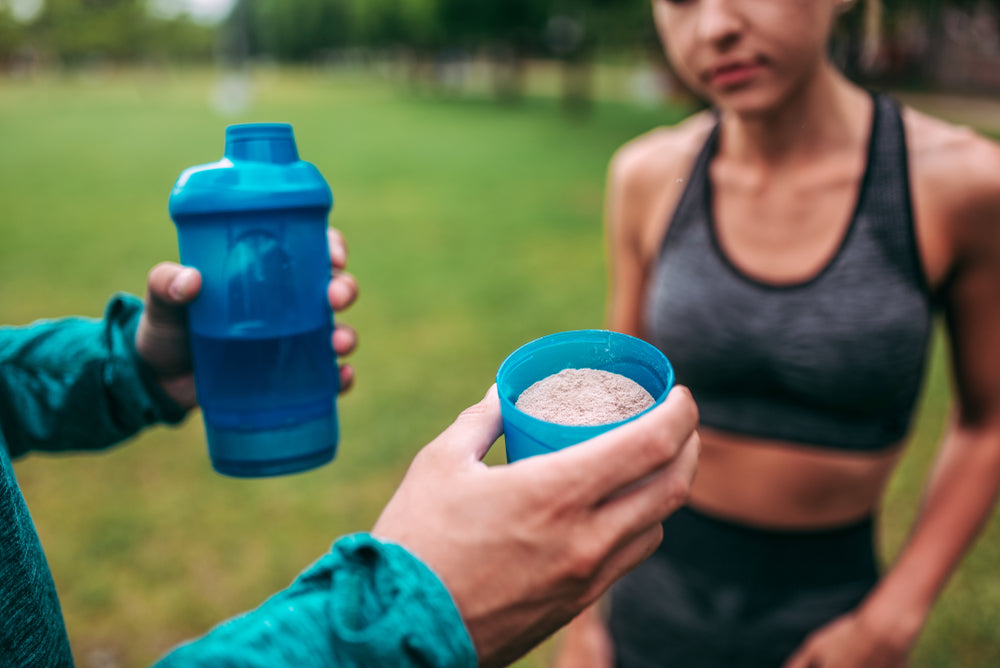On January 30, 2020, the World Health Organization declared a Public Health Emergency of International Concern (PHEIC) i.e. global health emergency due to the international spread of the coronavirus that originated in China.
As of that date, “There are now 83 cases in 18 countries. Of these, only 7 had no history of travel in China.” [1]
Here’s the lowdown on what this coronavirus[2]:
- Officially known as the 2019 Novel Coronavirus (2019-nCoV).
- It’s a respiratory virus that affects the eyes, mouth, throat, and lungs.
- This is a new virus that has not been previously detected.
- The 2019-nCoV is a betacoronavirus like MERS and SARs, all of which have their origins in bats.
- The complete illness severity of 2019-nCoV is not fully clear. Current reported cases range from people with little to no symptoms, to people who are severely ill and dying. Information is still evolving as the situation unfolds.
- Initial reports suggest animal-to-person spread, with the common link being a large seafood and live animal market in Wuhan, China.
- Later, a growing number of patients reportedly didn’t have exposure to animal markets. This indicates a person-to-person spread.
- Person-to-person spread mainly occurs via respiratory droplets i.e. when an infected person coughs or sneezes; sharing of food or utensils with infected person; etc.
- It’s currently unclear if the 2019-nCoV can be spread by touching a surface or object that has the virus on it, then touching the eyes, nose, or mouth.
- There’s no specific antiviral treatment for the 2019-nCoV.
How to Prevent Exposure to the Coronavirus
It is important to know how viruses are spread, so that you know how to effectively prevent exposure to them.
- Viruses are spread mainly through water droplets from the infected body (animal or human).
- The droplets land on surfaces such as tables, door handles, lift buttons, a person’s palm (if s/he covers their mouth and nose with their hand).
- Transmission happens when you touch surfaces with droplets that contain the virus, and bring your hands to your eyes, nose or mouth before you have the chance to wash your hands.
- According to WebMD, “Viruses like the flu can live 24 hours or longer on plastic and metal surfaces like cafeteria tables, doorknobs, and cups.” [3]
Considering that there’s no suggested or known antiviral treatment for the coronavirus, your best option is to not be exposed to it.
The instructions for reducing exposure have been circulated widely, and we’ve done a quick recap below for you. Note that these methods DO NOT kill or combat virus, they only reduce the exposure to surfaces that may contain the virus.
- Washing your hands with soap and water for at least 20-seconds after touching public surfaces. If there’s no access to soap and water, use a hand sanitiser.
- Do not rub your eyes, nose or mouth with your hands after you’ve touched surfaces in public.
- Clean and disinfect frequently touched objects and surfaces.
- Avoid close contact with people who are sick.
The Best Way to Not Fall Sick from the Coronavirus Outbreak
How does one not fall sick from the coronavirus, or any virus outbreak, for that matter?
Despite all your best efforts to prevent exposure to viruses, there is no guarantee that you will be able to avoid them.
How a virus manifests itself differs from person to person, as already stated above. So even you could even be carrying the virus, without being aware of it.
If this is the case, how do you ensure that you don’t fall sick whenever there is a virus outbreak?
5 Tips to Not Fall Sick from a Virus
Viruses often manifest themselves when the body’s immune system is unable to deal with them. So your best defence against viruses is a strong body defence!
Here are 5 ways to keep your immune system strong.
1. Eat the Rainbow
Feed your body with colourful fruit and vegetables. These are packed with antioxidants that guard against free radicals, and provide your body with essential nutrients, vitamins and minerals.
At the same time, cut back on foods that curbs the immune system from functioning well. This includes food and beverages high in sugar.
2. Take Nutritional Supplements
Whether you’re able to eat sufficient fruit and vegetables, taking nutritional supplements will boost your immune system strength. Choose one that is easily absorbed by your body, and take it daily, even when you’re hale & healthy.
I incorporate Nuzest’s Good Green Vitality into my daily shakes. It’s packed with more than 75 nutrient rich ingredients for immune system support, healthy inflammatory response, reduce stress, improve memory, detox, and boost metabolism.
3. Get Good Quality Sleep
Sleep gives your body’s immune system time to build its strength. Sleep helps to reduce stress hormones, which reduces the body’s ability to fight infections.
Sticking to a regular bedtime schedule, reducing sleep disruptors such as alcohol and caffeine, and keeping the room cool can improve the quality of your sleep.
4. Exercise Daily
Exercise boosts your feel-good chemicals, and strengthens the body’s immune system at the same time. Moderate exercise such as brisk walking, yoga, cycling or swimming for 30-minutes does wonders for the immune system.
5. Kick the Smoking & Drinking Habit
Smoking and alcohol places stress on the body. The latter weakens the immune system when it is done in excess (more than two drinks a day for males, and more than one for females). The former introduces high levels of antioxidants and synthetic chemicals into the body.
Reducing or eliminating both will help boost your immune system. The perk from this: you start to look and feel younger, too!
Dealing with the coronavirus and other viruses requires more than just washing your hands well, disinfecting surfaces, and wearing surgical masks. The most effective way of prevention is making wise lifestyle choices that support your immune system.
If you would like an accountability partner to implement and stick to your lifestyle changes, get in touch with Patricea Chow for my health coaching plans.
Article by Patricea Chow
References:
1: Statement on the second meeting of the International Health Regulations (2005) Emergency Committee regarding the outbreak of novel coronavirus (2019-nCoV)
2: 2019 Novel Coronavirus FAQ and Answers
https://www.cdc.gov/coronavirus/2019-ncov/faq.html
3: How do viruses spread from person to person
https://www.webmd.com/cold-and-flu/qa/how-do-viruses-spread-from-person-to-person


